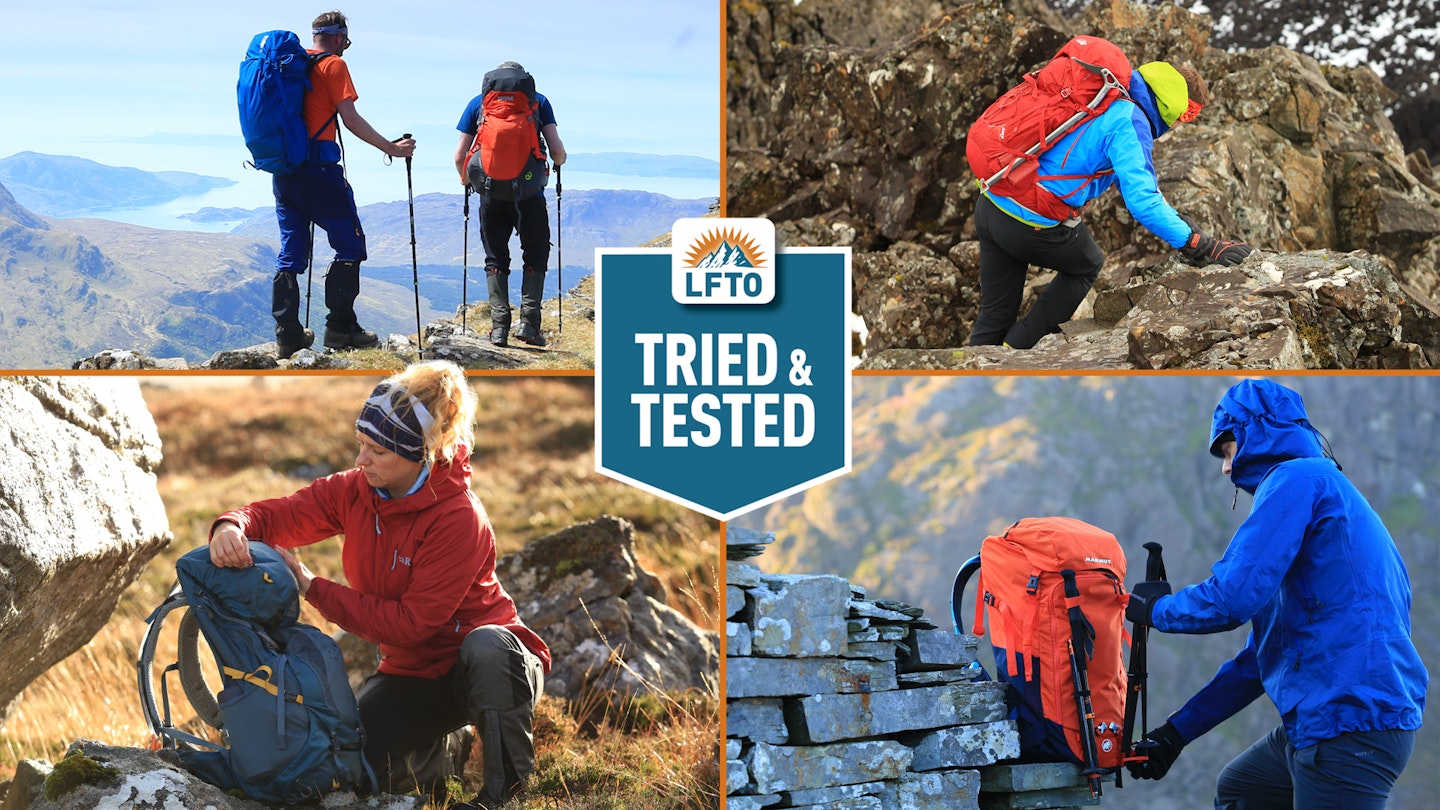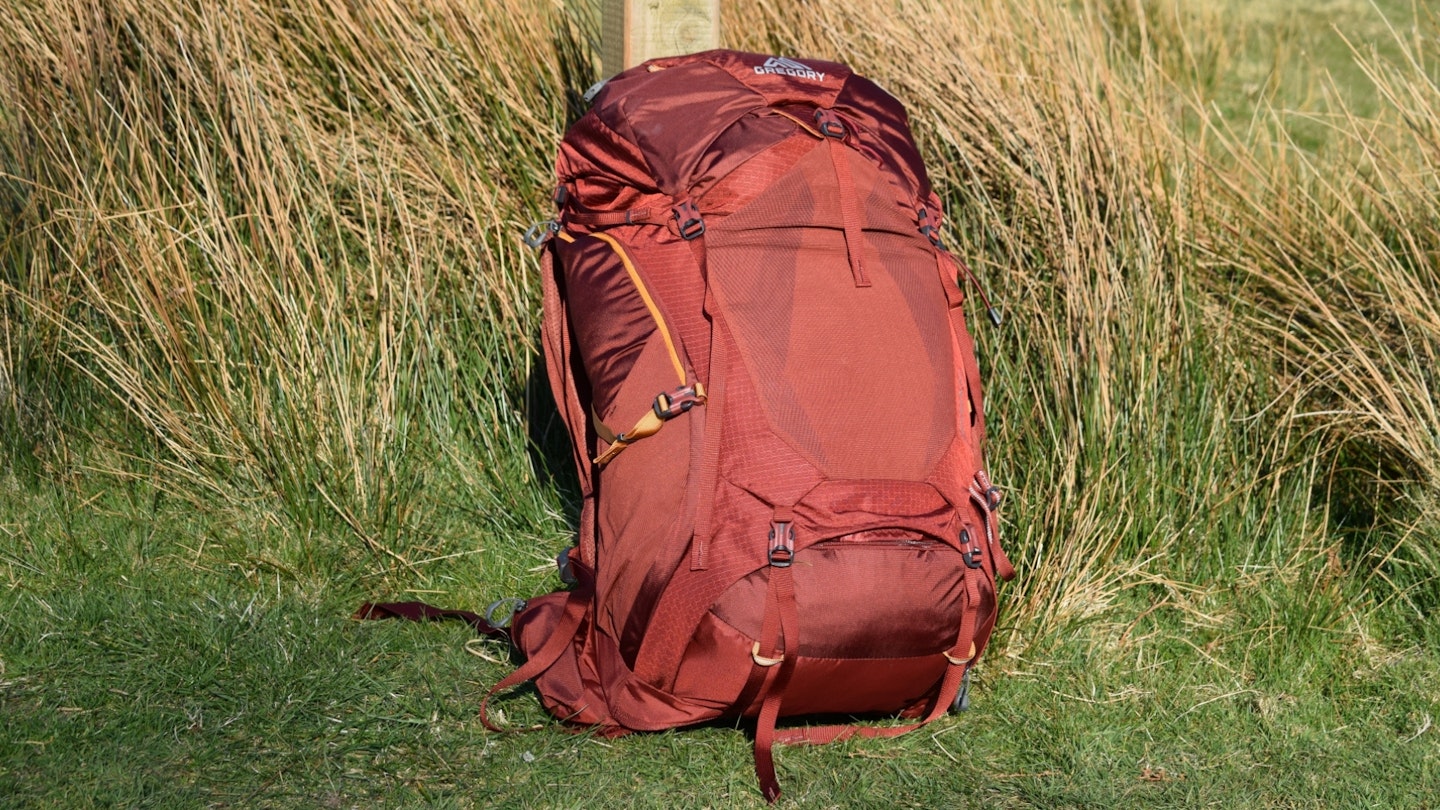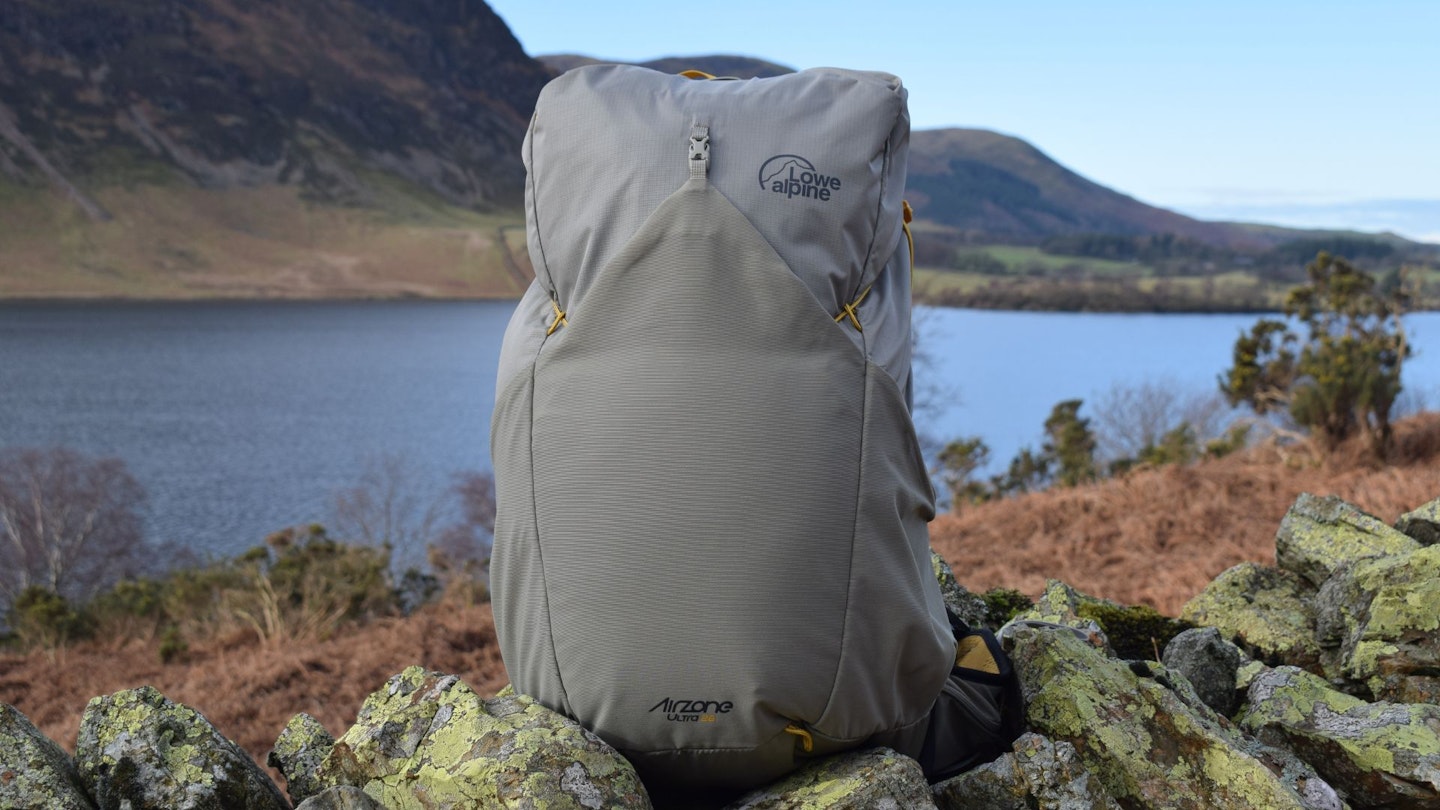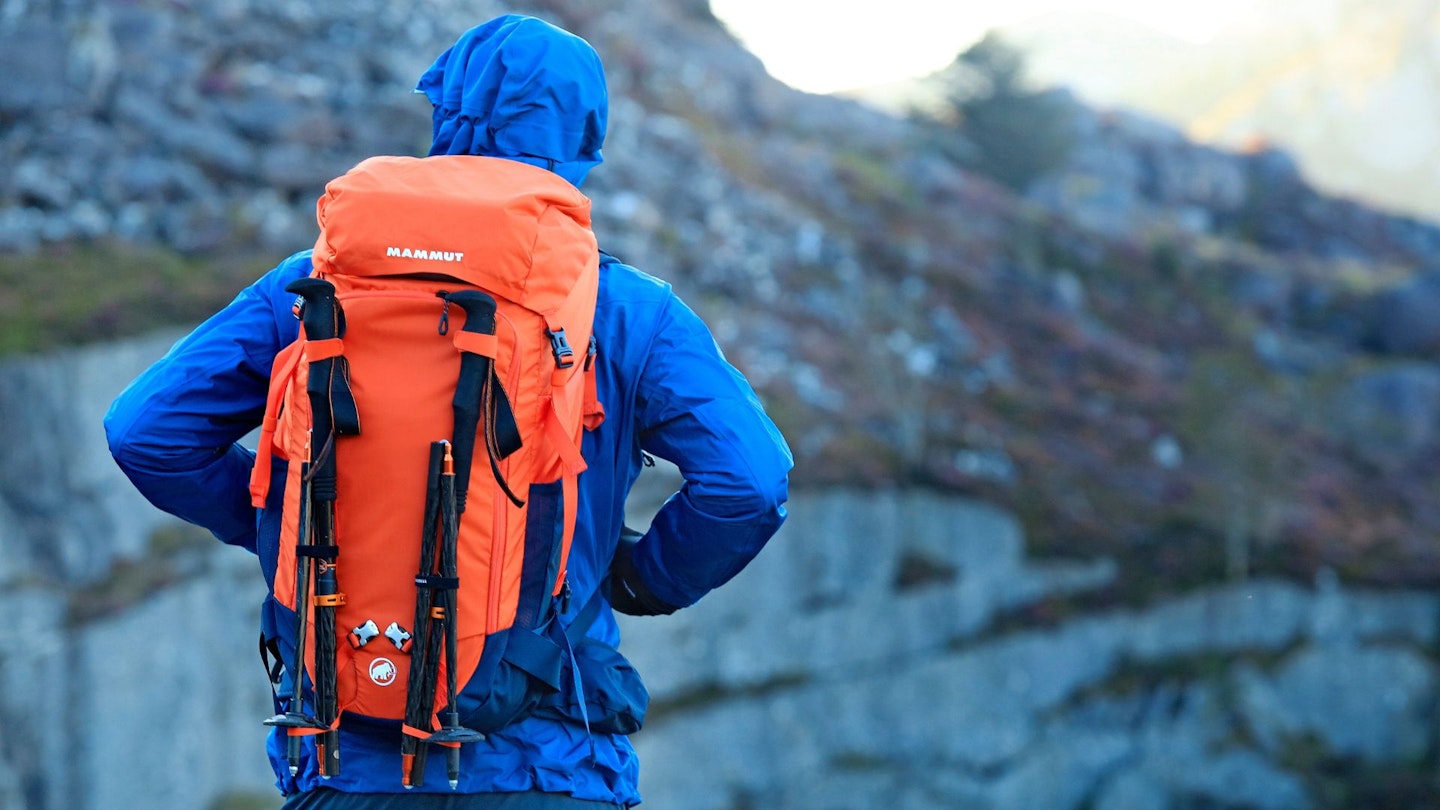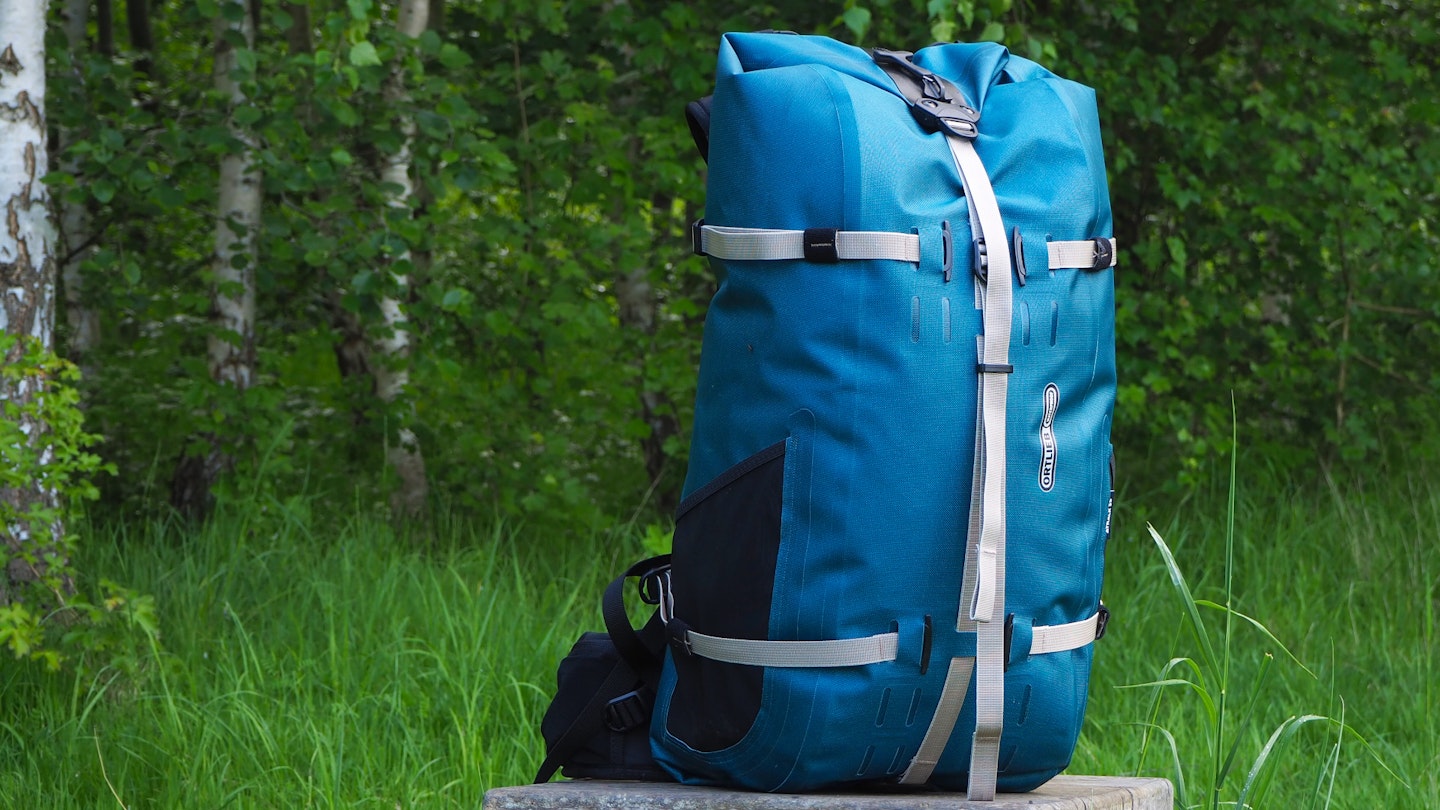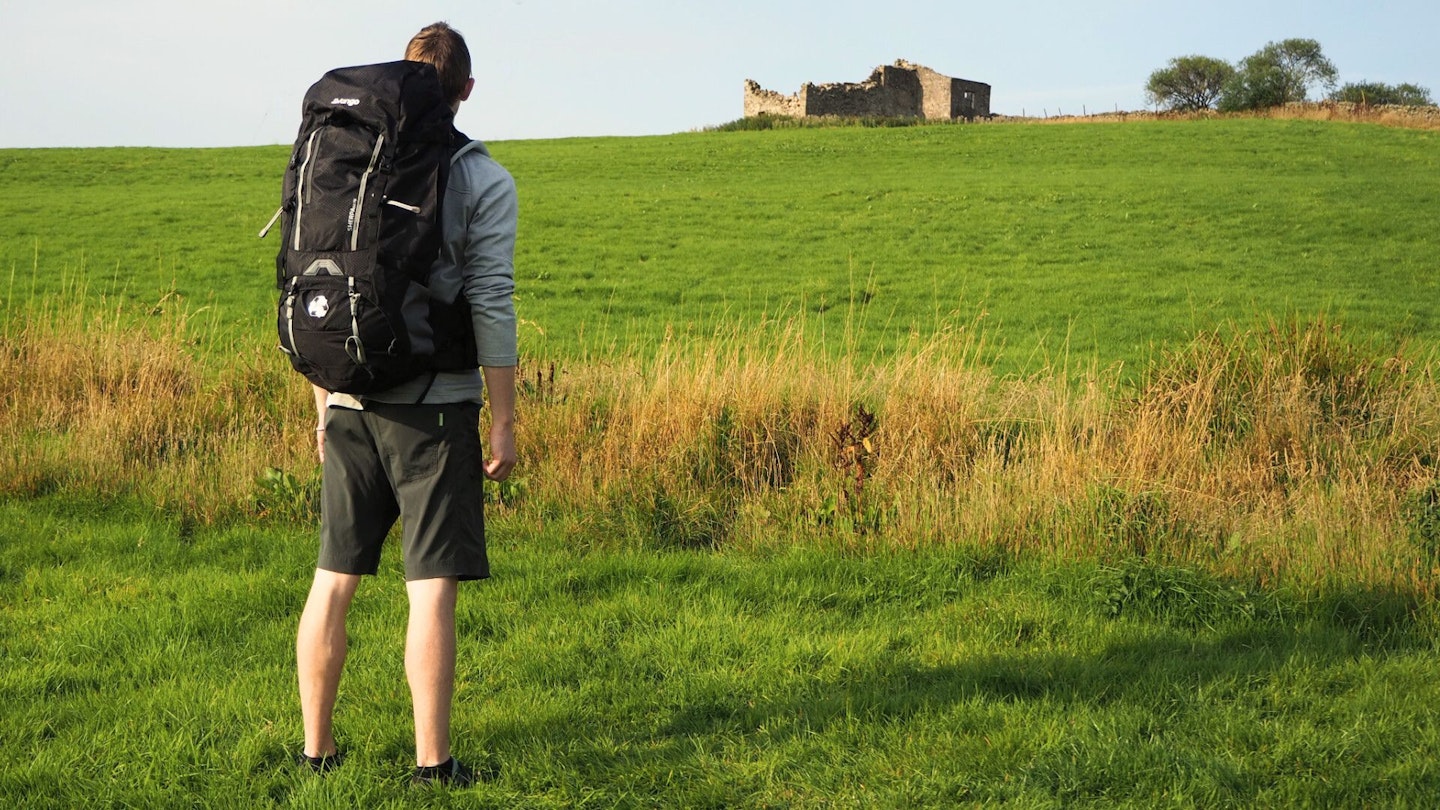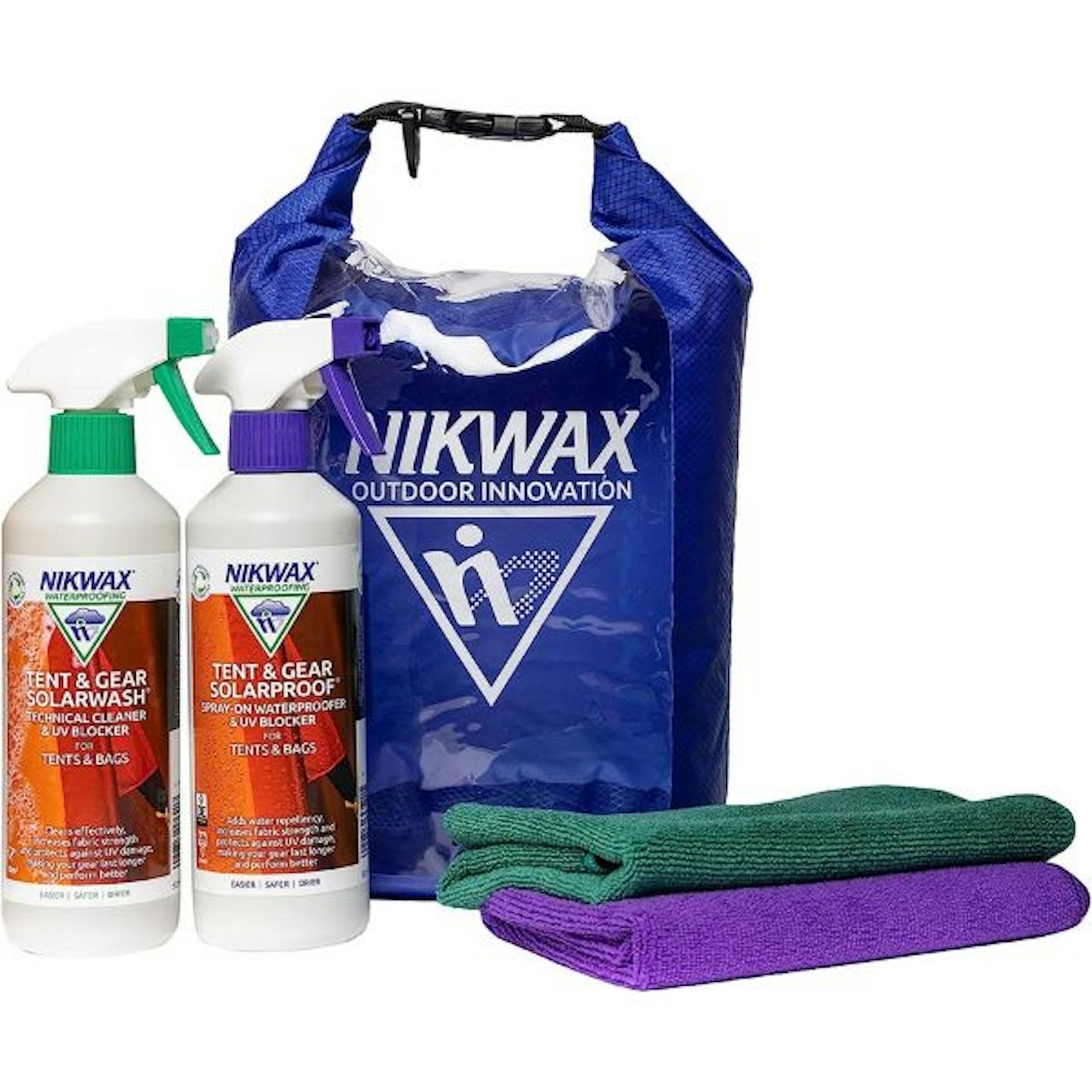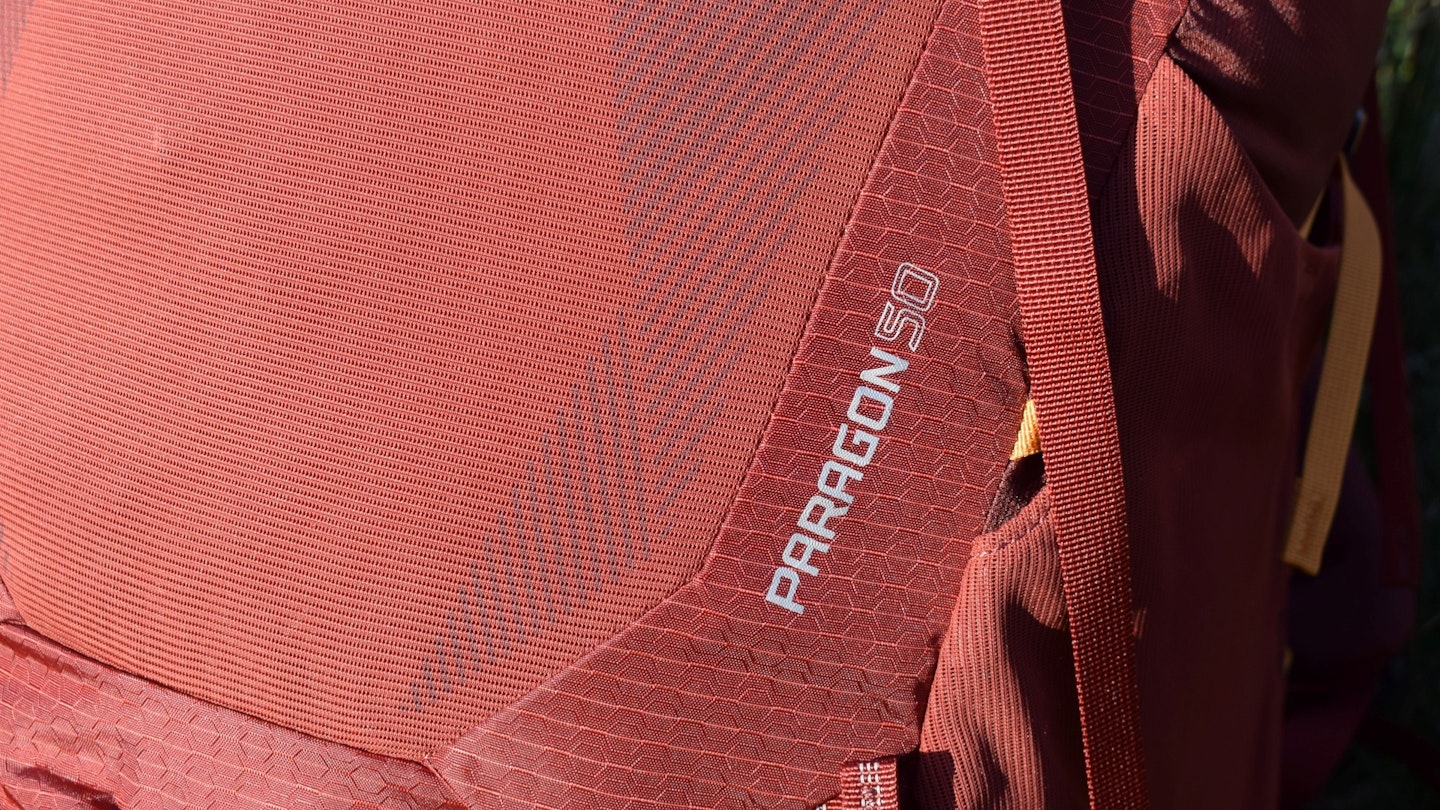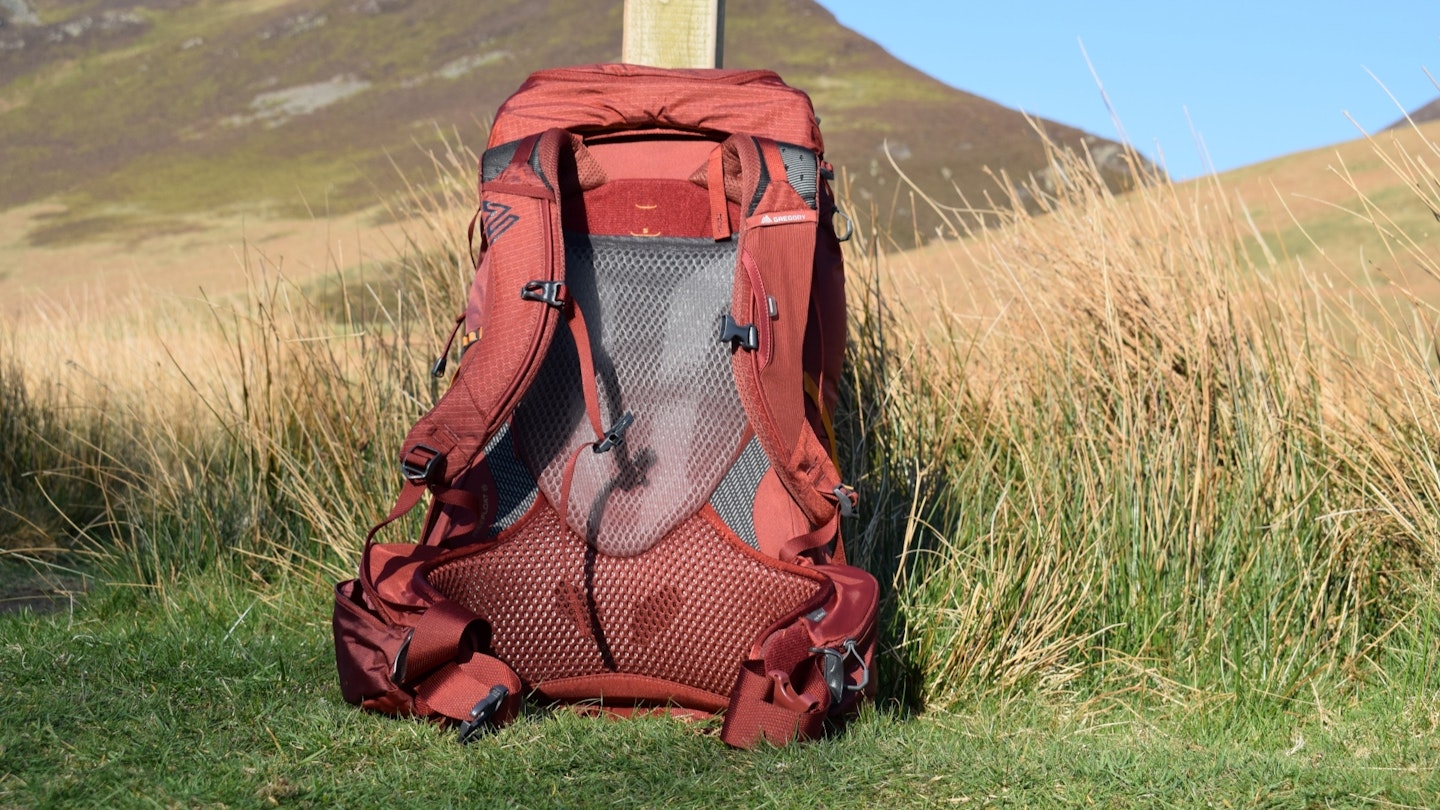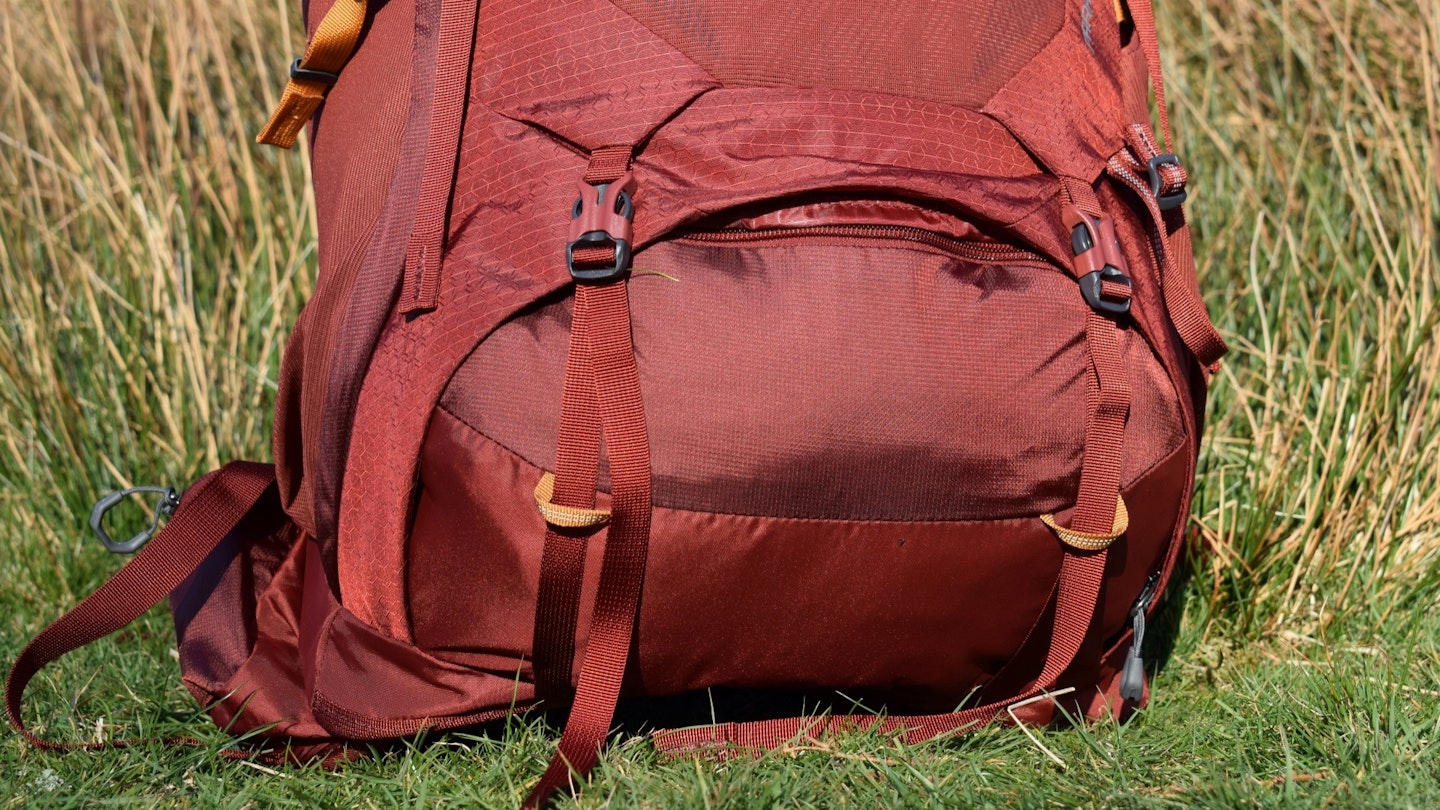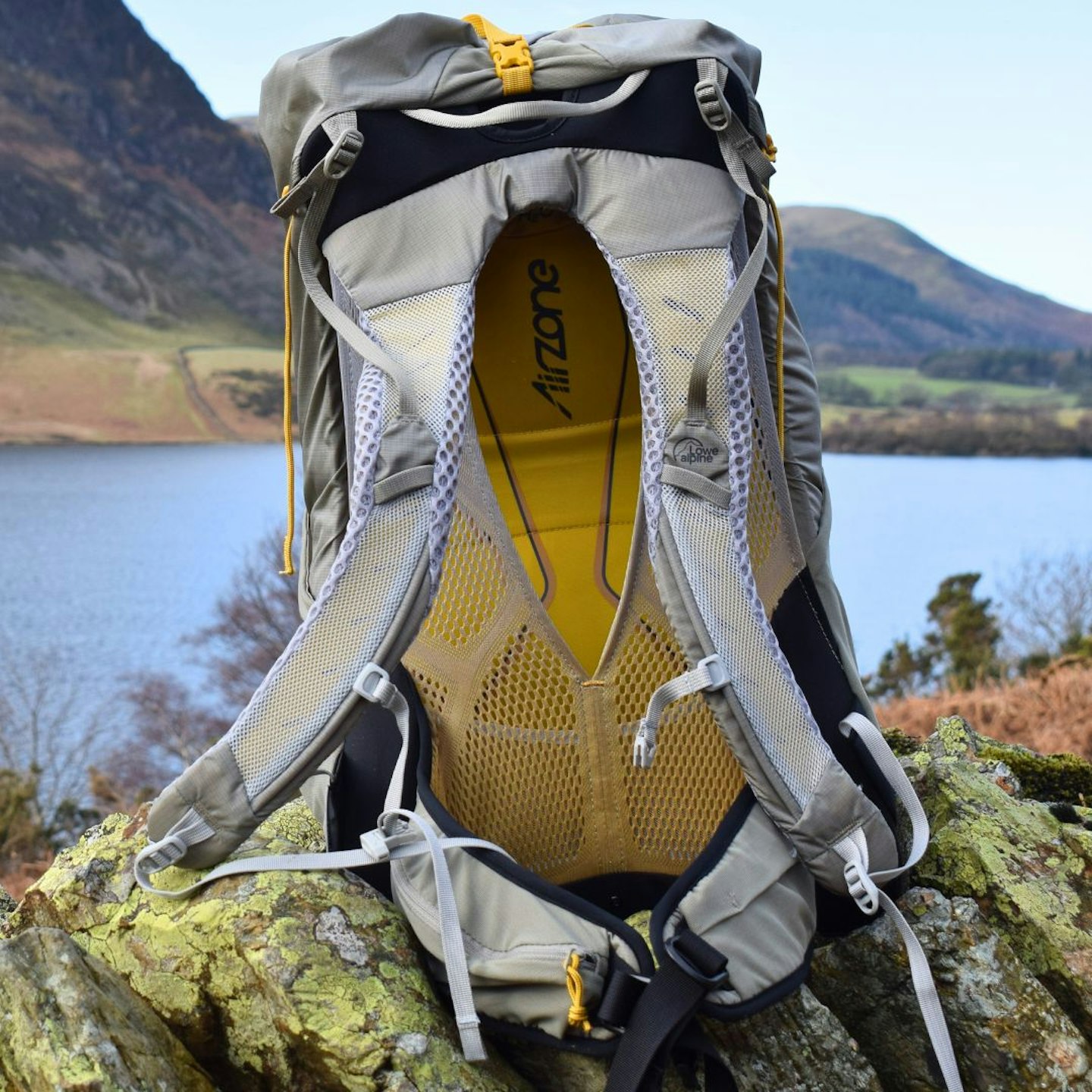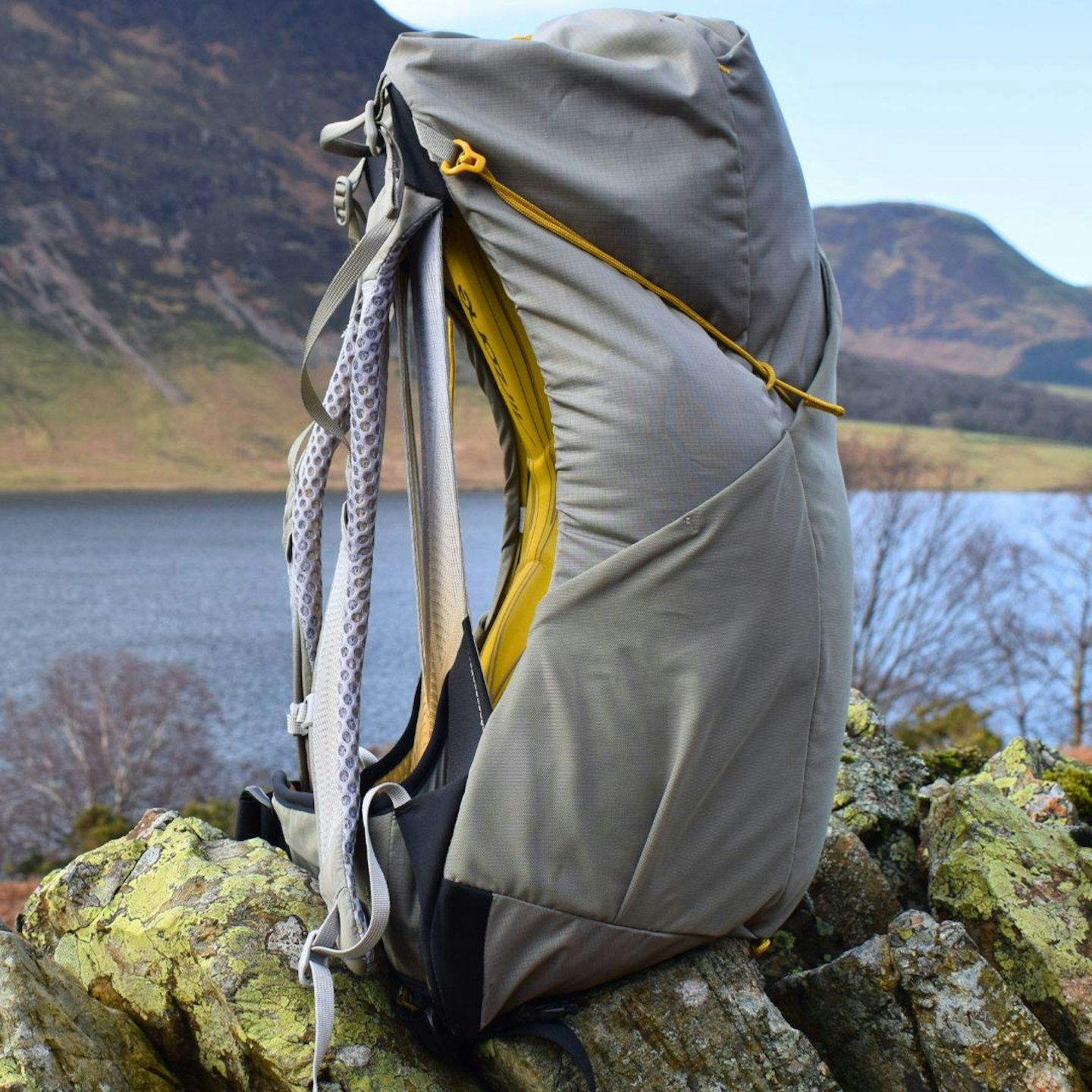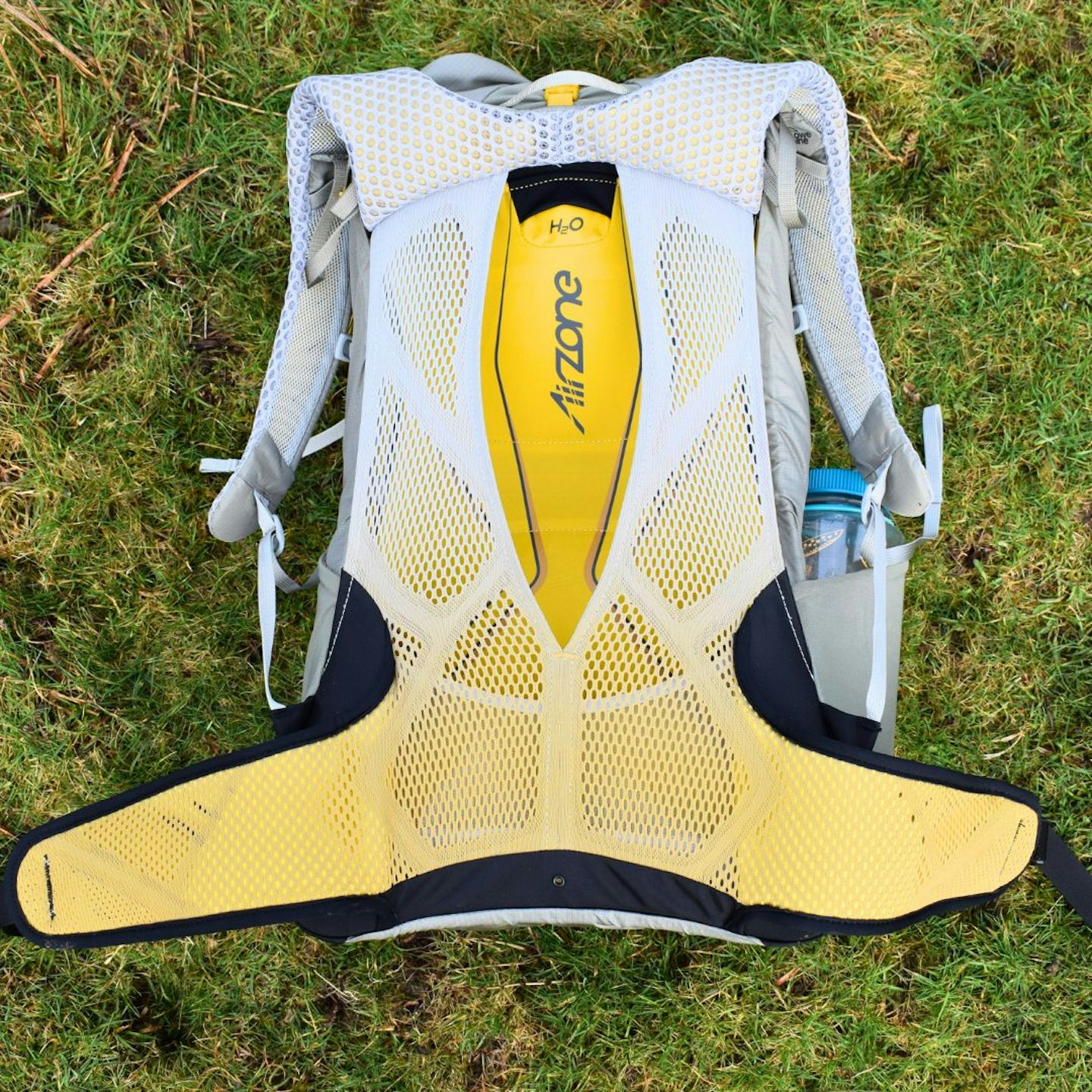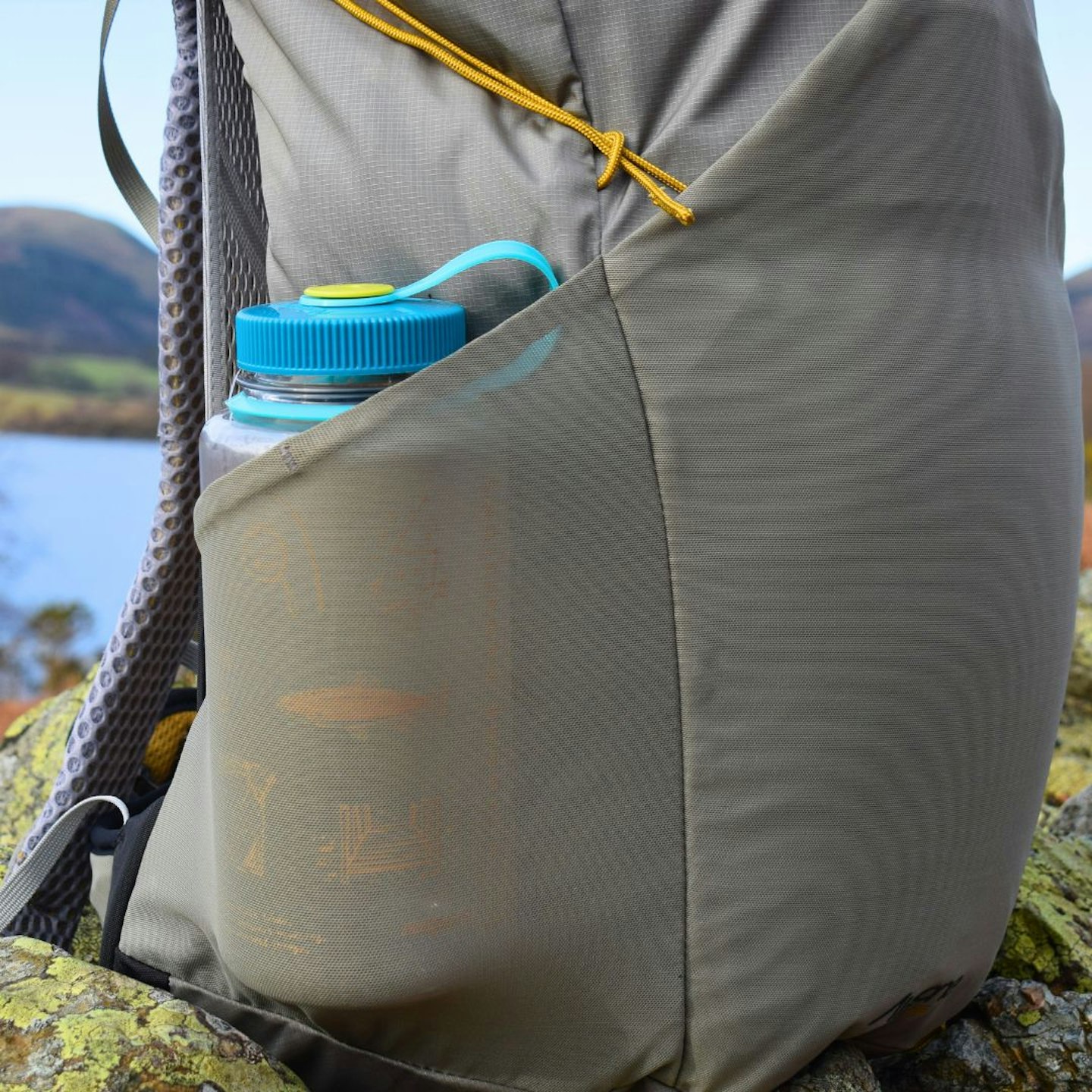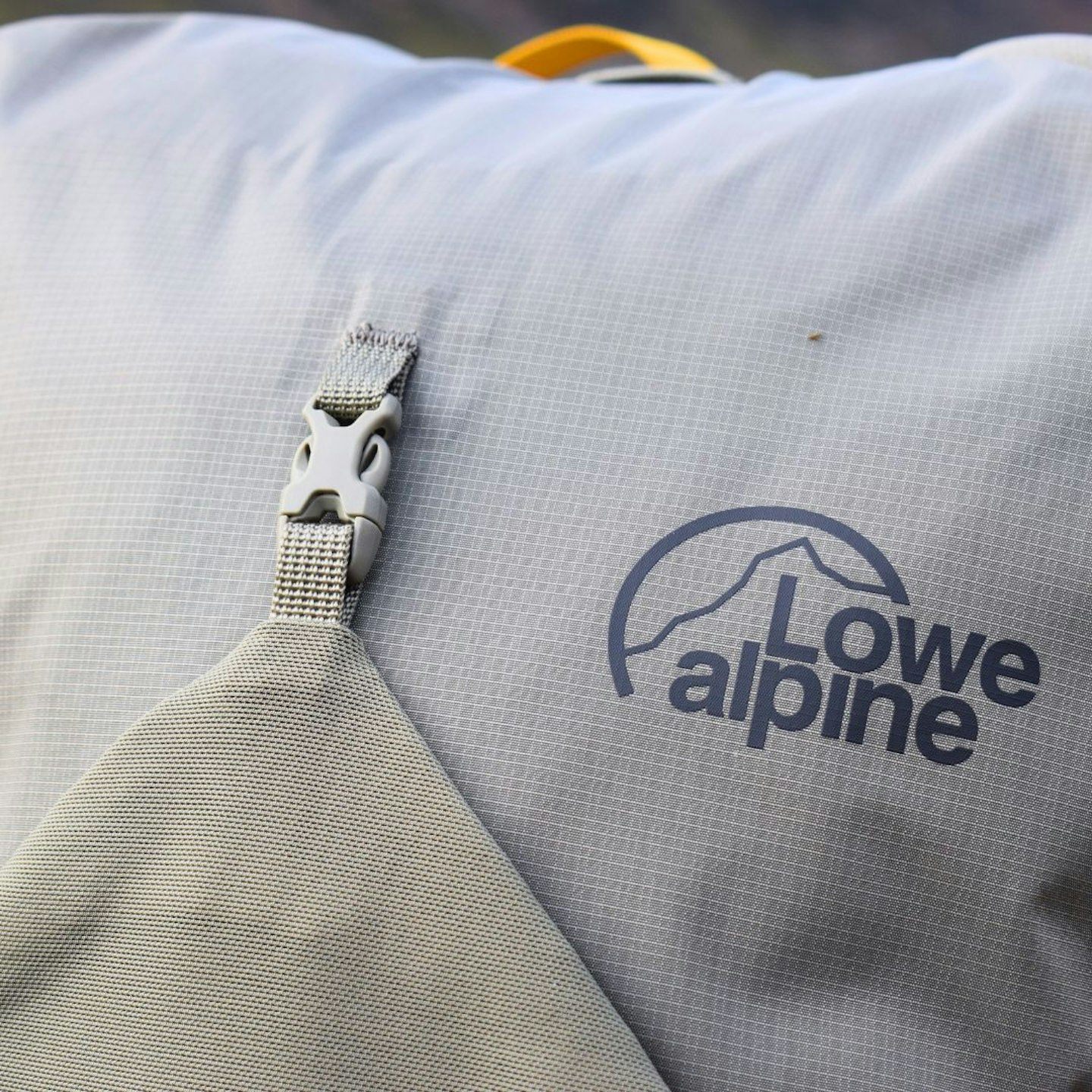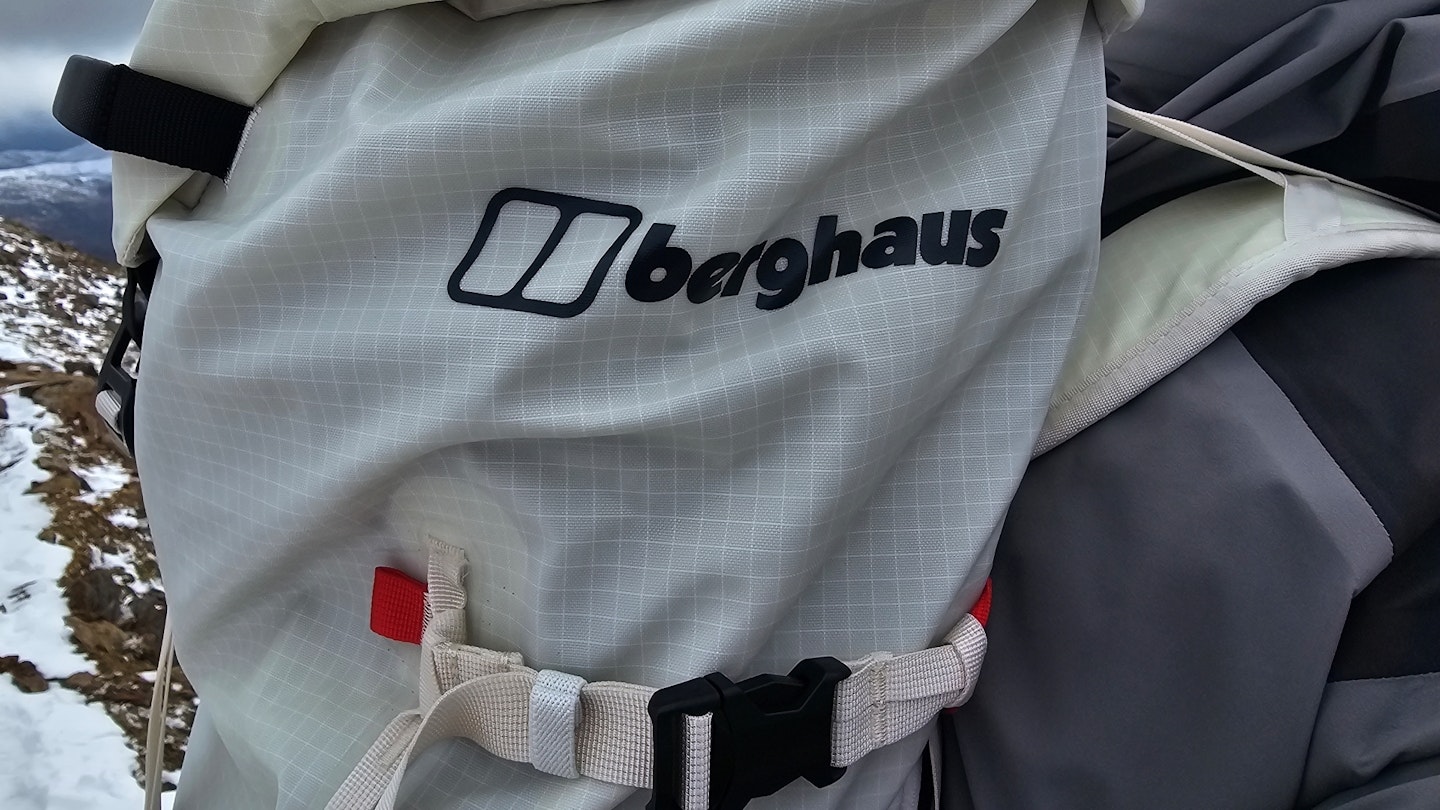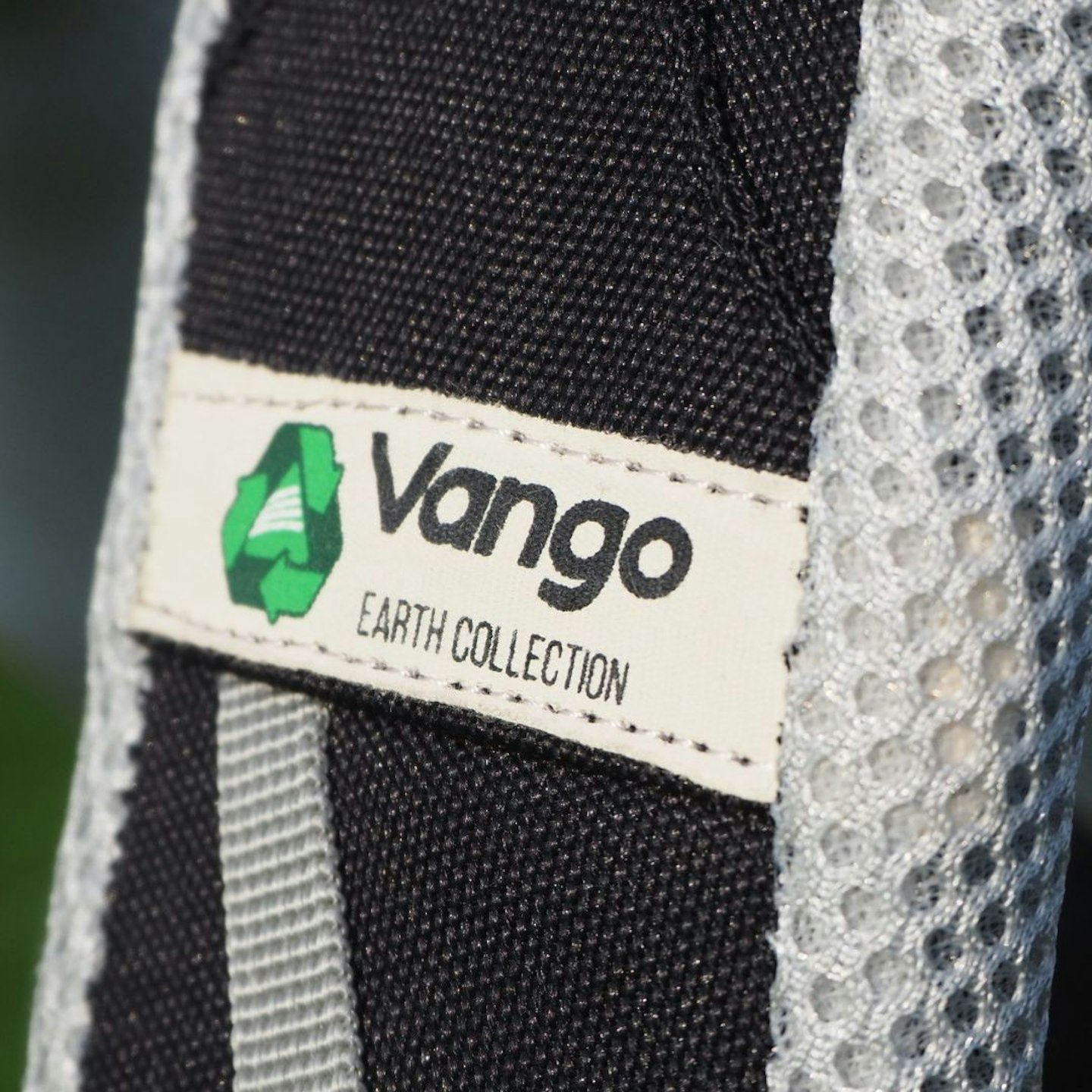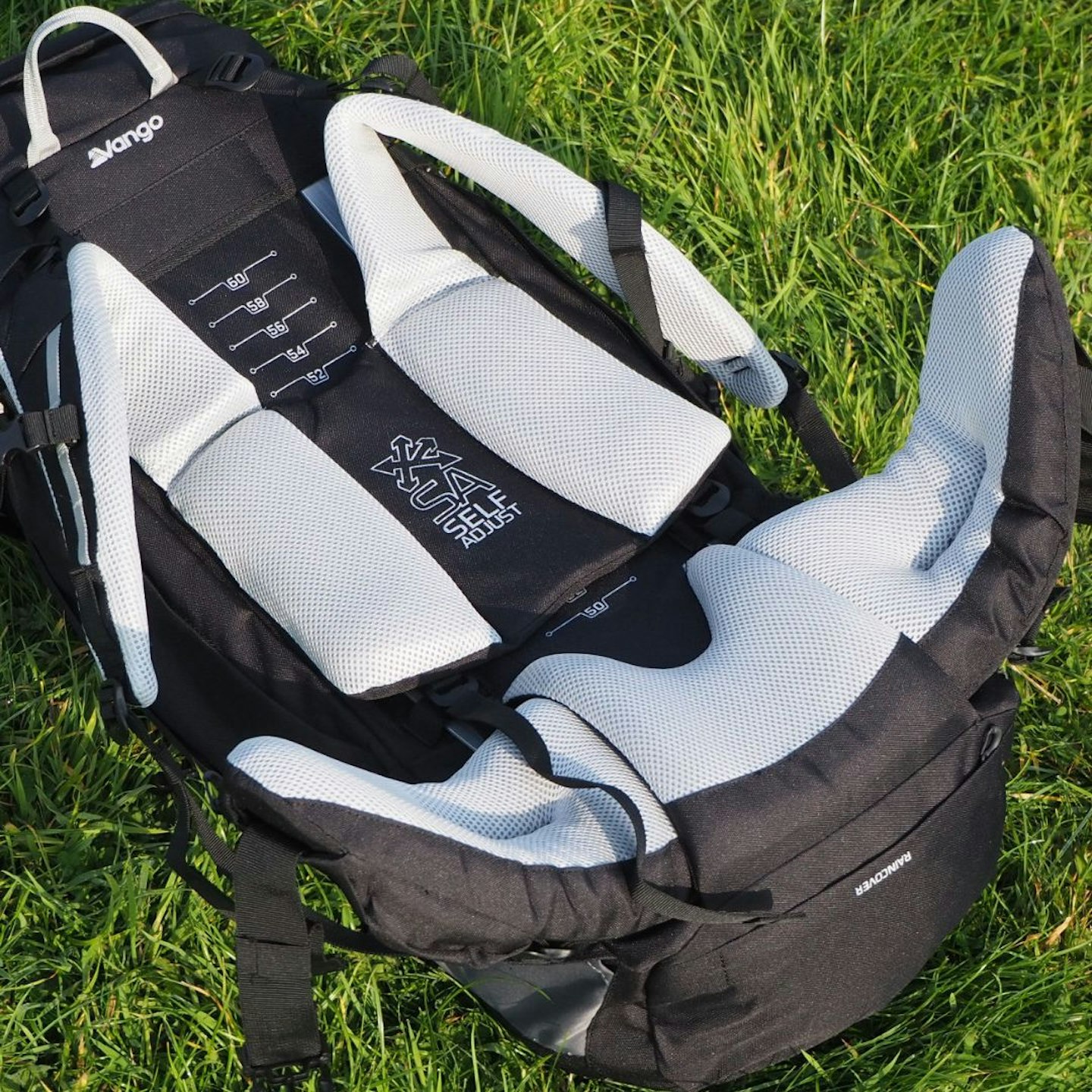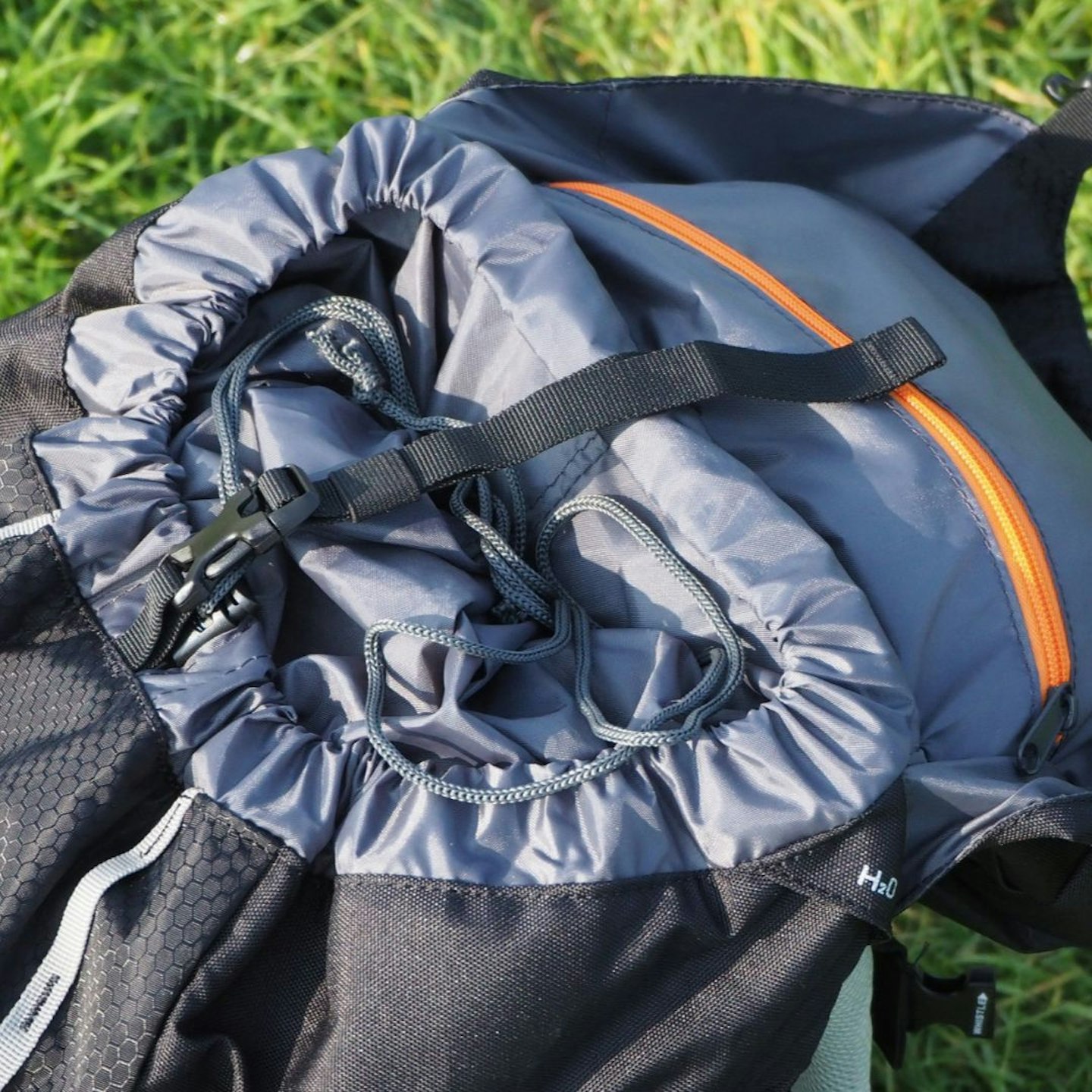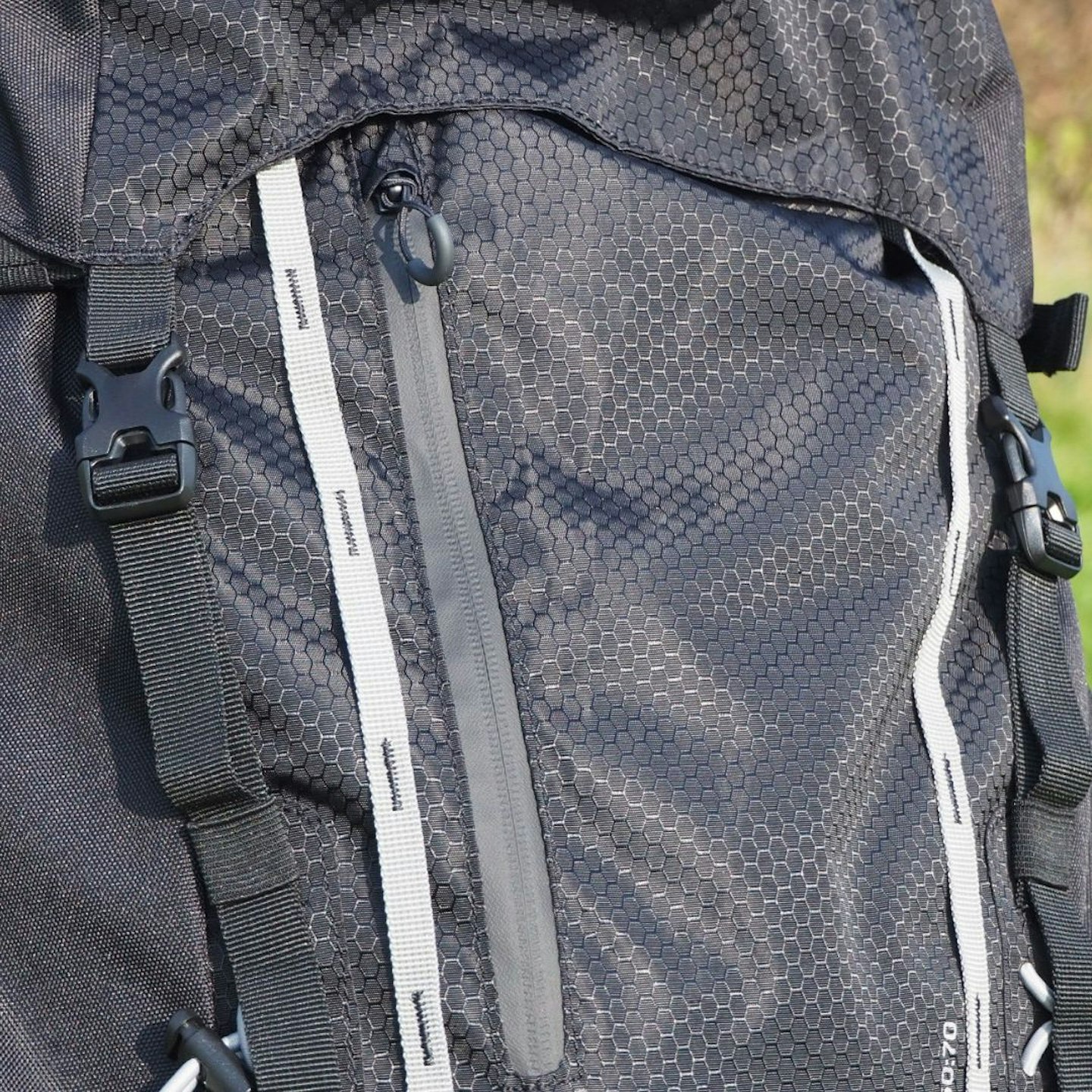The art of constructing a hiking or travel backpack rivals that of Venetian glass. And for a piece of equipment so functional, that may come as a surprise. But a comfortable and durable backpack demands serious and careful thought behind each component.
In addition to the details of a hiking backpack, there is a wide variety of outings they're used for. From daypacks to big backpacking packs, these all need slightly different features so they can excel at their task. A winter hiking pack will inevitably differ from a summer hiking pack, for example.
What are the best backpacks of 2025?
The hiking backpack, though a staple of hiking gear, can be a confusing item to buy. What we've done here is bring together our top-performing hiking backpacks from our more focused pack-buying guides and recommend them to you as a collection of champions.
How we test backpacks

The backpacks recommended here were tested by a number of our team including Chris Williams, Matt Jones, Ellie Clewlow, and Tom Bailey. We also can't forget our fearless editor, Oli Reed, who once confessed that backpacks are his favourite genre of gear, as a good number of accessible pockets makes him feel well prepared for anything – a bit like Batman. Our expert team of gear testers have spent many weeks and months throughout the year putting numerous backpacks to the test in the hills and mountains.
Our testing is designed to thoroughly test the backpacks in the conditions for which they're intended. This may include long treks with a heavy load, fast and light mountain days, and peak bagging in mid-winter. In all, we test year-round to keep a rolling update of the Crème de la crème of each season.
Annually, we create the ultimate shortlist of the very best gear in our Gear of the Year Awards. Below, you'll find our favourite backpack of 2025...
Best backpacks reviewed:
Meet the winner of our Gear of the Year 2025 awards. Osprey is renowned for its trekking and backpacking rucksacks, and the Exos (men's) and Eja (women's) series demonstrate exactly why that is. Initially released in 2009 and updated in 2014, these models remain popular due to their lightweight design and comfortable carry.
After our testing, the latest Exos Pro and Eja Pro 55, launched in late 2023, we were impressed by their balance of weight and functionality. Weighing under 1kg, these packs feature Osprey's AirSpeed suspended back system and are made from ultra-light yet surprisingly durable NanoFly fabric that is also PFC-free. They retain essential features like adjustable fits and ample storage, though some pockets and padding have been minimised.
During our 230-mile test of the Eja Pro 55 on the Cape Wrath Trail, the pack was exceptionally comfortable, even with a 12.5kg load. The AirSpeed system provided effective ventilation, and the fabric held up well.
However, some design choices, such as compression straps covering pockets, may inconvenience some users. Additionally, in the pursuit of low weight, the Eja/Exos Pro does not include a rain cover.
Priced at £240, the Exos and Eja Pro are premium options, but they offer good value for money, competing well with similar models like the Deuter Aircontact Ultra. They are ideal for hikers seeking a balance between low weight and practical features without compromising on comfort or durability.
Pros
- Impressively lightweight
- Excellent fit
- Back system has great ventilation
- Durable for a lightweight pack
Cons
- Lacks some features
| RRP: | £240.00 / $300.85 |
| Volumes: | 55L |
| Materials: | NanoFly 100D Nylon x 200D UHMWPE ripstop w/ PFC-free DWR |
| Sizes: | XS/S, M/L (Eja Pro 55) | S/M, L/XL (Exos Pro 55) |
| Weight: | 830g/1.8lb (Eja Pro 55) | 870g/1.9lb (Exos Pro 55) |
A firm favourite for a reason, the Osprey Tempest 22 is one of the best women’s-specific daypacks around. It’s designed with real attention to fit and function, offering a close, body-hugging feel that’s comfortable and stable whether you're striding out on a spring hike or scrambling to a summit cairn.
We found the adjustable back length and wraparound BioStretch harness give a tailored, secure fit that moves well with the body, without rubbing or chafing. The AirScape back panel offers decent breathability and keeps the load close – though on hotter days, it doesn’t quite match the airflow of suspended mesh systems like the Sirrus. Still, the streamlined shape and stable feel make this a brilliant pack for active use in mixed terrain.
The feature set is comprehensive: stretch pockets, hydration sleeve, pole attachments, and zipped hipbelt pockets that’ll happily swallow your phone or snacks. It’s all neatly laid out and refreshingly intuitive to use – though minimalists might find it a touch over-complicated.
We especially rate the thoughtful sizing, including Osprey’s Extended Fit option, and the use of recycled, PFAS-free materials throughout. It’s not the lightest or cheapest, but for a reliable, all-round daypack built with women in mind, the Tempest 22 remains hard to beat.
**Read our full Osprey Tempest 22 review
**
Find the men's version here.
Pros
- Adjustable fit
- Versatile
- Great features
- Good sustainability credentials
Cons
- Too fussy for those who prefer a minimalist pack
- Not the lightest
- Not as well-ventilated as a suspended back system
- No raincover
| RRP: | £125 / $160 |
| Weight: | 1.03kg / 2lb 4oz |
| Volume: | 22 litres (1342 cu. in.) |
| Sizes: | Standard (adjustable back length from 15 to 19 inches) or extended fit |
With a brilliant balance of comfort, load-hauling power and practical features, the Gregory Paragon 50 stands out as a superb midweight backpacking pack – especially for those prioritising carry comfort over cutting grams.
We were particularly impressed by the back system. Gregory’s attention to detail is clear in the contoured hipbelt, plush shoulder straps and breathable AirCushion back panel – all working together to offer a stable, close-to-body fit. It’s designed to handle loads up to 23kg, and while we wouldn’t max that out, it definitely copes well with heavier multi-day setups.
At 1.5kg, it’s not featherlight, and it might feel a bit overbuilt for minimalist hikers. But in return, you get excellent features: a full-length side zip for easy access, a stash of well-placed pockets (including a clever angled bottle sleeve), a raincover and dual compartments with a sleeping bag divider.
This is a pack that feels dialled-in and considered. The adjustable back length is easy to tweak, and the 50L capacity hits the sweet spot for weekend wild camps without encouraging overpacking. It’s not the cheapest option, but we reckon the comfort and versatility more than justify the price.
**Read our full Gregory Paragon 50 review
**
Check out women's version here
Pros
- Superb carrying experience
- Excellent back system
- Suitable for heavy loads
- Great features
- Full-length side zipper for easy internal access
Cons
- Quite heavy (1.5kg/1500g)
- Quite pricey
- Some will find it over-engineered
| RRP: | £210 / $239.95 |
| Weight: | 1.5kg / 3lb 4.9oz |
| Volume: | 50L |
| Back Sizes: | S/M, M/L |
| Versions: | 40L, 50L, 60L (women's Maven 38L, 48L, 58L) |
| Main fabrics: | 210-denier nylon with DWR |
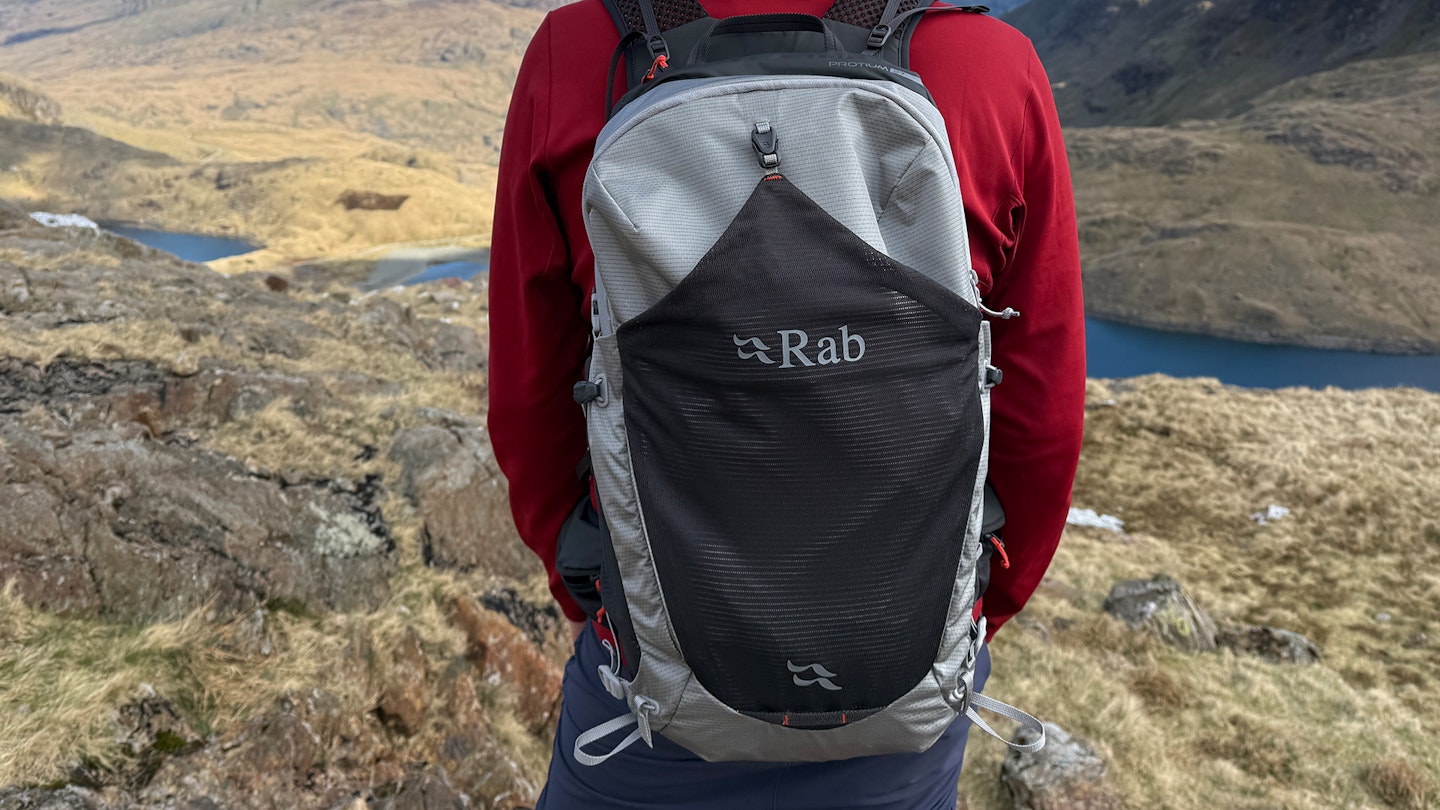 LFTO/Matt Jones
LFTO/Matt Joneswww.sportsshoes.com
The Rab Protium 27 is built for hikers who move fast and travel light. With a 27-litre capacity and a close, stable fit, it’s ideal for big mountain days when you’re hopping ridges, bagging peaks, or chasing daylight across a skyline route.
We appreciated the streamlined feel of this pack from the off. The adjustable back system ensures a dialled-in fit, and the tall, narrow shape sits high on the back to move with you – though on steep terrain the top can occasionally nudge your neck. The padded hip fins and flexible harness help distribute weight effectively, though the shoulder straps feel a bit thin under heavier loads.
There’s no shortage of features: a stretch front stash pocket, zipped hipbelt storage, deep bottle pockets, pole attachments, and even an included raincover (a rare touch at this price). The zip access to the main compartment is quick and intuitive, and we found the external hydration sleeve behind the back panel convenient, if a bit snug for larger reservoirs.
It’s a touch heavier than some ultralight packs, but we reckon the Protium 27 nails the sweet spot for technical day hikes: light enough to go fast, rugged enough to trust when it gets rough, and comfy enough for all-day use.
**Read our full Rab Protium 27L review.
**
Check out the women's version here.
Pros
- Adjustable fit
- Stable to carry
- Great features
- Includes a raincover
Cons
- Narrow hydration reservoir pocket
- Shoulder straps not the plushest
| RRP: | £130 / $180 |
| Weight: | 1.05kg / 2lb 3.3oz |
| Sizing (men's): | M (to fit back length 19-21in/48-53cm) and L (21-23in/53-58cm) |
| Sizing (women's): | One size (17-19in/43-48cm) |
| Volume | 27 litres |
The ISPO award-winning Lowe Alpine AirZone Ultra 26 is all about being lightweight and minimalist, while also possessing strong eco credentials.
Its pioneering back system incorporates a spring steel frame and AirZone mesh panel, which allows for lots of airflow and offers excellent comfort, which is particularly noticeable in in warm weather. We found the carrying sensation is somewhat unconventional, due to the curved back panel, yet pleasantly so, offering a nimble and agile feel.
The AirZone Ultra 26 is made from lightweight 100D recycled nylon, which we didn't expect to be overly durable or weather resistant but performed better than we were expecting.
Features include a drawstring closure, hydration bladder sleeve, mesh stash pocket, bottle pockets, hipbelt pockets, and trekking pole attachments. In terms of sizing, there are two back lengths available.
With its focused, innovative design and sustainable materials, the AirZone Ultra 26 caters perfectly to those in need of a minimalist, eco-conscious hiking daypack.
Check out the women's version here
Read our full Lowe Alpine AirZone Ultra 26 review
Pros
- Lightweight
- High-tech
- Excellent ventilation
- Superb comfort
Cons
- No lid
- Curved back panel
- No side entry
| RRP: | £139.99 / $175.48 |
| Volumes: | 26L, 36L |
| Materials: | Recycled 100D nylon |
| Weight: | 745g / 1.6lb |
Mammut's Trion 50 is a lighter, less expensive sibling to the Trion Spine 50. The Trion 50 is similar, just with a simpler fixed back system instead of Mammut's 'Active Spine' tech. So, it'll either fit you in its one size or it won't. And you substitute some of the carrying comfort for lower lighter and less expense.
The Trion 50 also has better main compartment access thanks to the U-shaped rear zip below the shoulder straps. We're seeing this feature on a few packs hitting the market these days. It's great for accessing extra layers fast – ideal in winter conditions.
It's a tough pack, using a Cordura nylon base. And along with the ability to carry the usual winter accessories, it can also carry skis. We like that this pack can be overstuffed too, thanks to a floating lid and extended drawcord collar.
Pros
- Lightweight
- Tough
- Comfortable with a heavy load
- Can carry skis
Cons
- One size and non-adjustable back length
| RRP: | £188.95 / $236.85 |
| Volumes: | 50L |
| Materials: | Nylon (main); EVA (padding) |
| Load capacity: | Not given |
| Weight: | 1.55kg / 3lb 6oz |
Here's the top scorer in our new best travel backpacks roundup. If we could only take one backpack on a year-long trip through airports, train stations, city streets and mountain paths, it might just be this one. The Patagonia Black Hole 32L is the kind of bag that quietly becomes indispensable – smart enough for the office, tough enough for the outdoors, and just the right size for hand luggage or a weekend away.
Made from 100% recycled polyester ripstop with a TPU-film laminate, it’s seriously rugged – we’ve been dragging it everywhere for months and it still looks fresh off the shelf. The weather-resistant build shrugs off showers, and the 32L capacity hits a sweet spot between everyday carry and travel-ready utility.
There’s a padded laptop sleeve, a roomy main compartment with great visibility, and a brilliant top ‘dump’ pocket for travel essentials. It’s light on fiddly compartments, which we actually love – it keeps things simple and accessible. The padded shoulder straps and breathable back panel mean it carries well, even with 10kg loads, though it’s more city explorer than mountain trekker (there’s no hipbelt).
It’s not cheap, but between Patagonia’s rock-solid ethics, repair scheme and impressive build quality, this is a backpack that earns its keep – and keeps on going.
Read our full Patagonia Black Hole 32L review
Pros
- Highly sustainable and ethical brand
- Functional and versatile design
- Comfortable carry
Cons
- Large upfront investment
| RRP: | £155/$169 |
| Volumes | 25L, 32L |
| Materials | Recycled polyester ripstop with weather-resistant, recycled TPU-film laminate |
| Sizes | One size |
| Weight | 760g/1lb 10.6oz |
We've used the 35L version of this pack for travel and hiking for almost two years, including an overnight jungle and caving trip in Vietnam, and it's proven to be a very durable pack.
It's an expensive backpack, no question about that. But there aren't many waterproof backpacks around, and fewer still at the same quality of construction as the Atrack. This is definitely the Atrack's strong suit against competition.
The overall design is supposed to be a mashup of backpack and duffle, hence the rear zip, which is certainly an effective security measure for travellers. But the bag wants to sit shut rather than open when unzipped, so it's actually easier to pack a top-loader.
Comfort is fine, but the straps aren't terribly padded, nor is the main fabric breathable. So it can get clammy in hot or humid weather. However, if you're wondering about the waterproofing, we return to the Atrack's party piece of quality: it's faultless. The Atrack is made from PU-coated nylon with welded seams. It's IP67 rated, and there's no question it is.
Read our full ORTLIEB Atrack waterproof backpack review
Pros
- Tough and durable
- IP67 waterproof
- Easy to adjust
- Extra attachments available
Cons
- Not the most breathable
| RRP: | £220 / $275.78 |
| Volumes; | 25L, 35L, 45L |
| Materials: | PU-coated nylon (IP67) |
| Load capacity: | 13kg (35L) |
| Weight: | 1470g/3.2lb (35L) |
This technical pack is part of Berghaus’s elite Extrem series, a range designed for the toughest mountain conditions. Whether you’re navigating snowy ridges or hauling gear for alpine climbs, this pack is built to survive just about anything you throw at it.
With its weatherproof construction and minimalist, strippable features, the MTN Guide 45 excels in technical environments. We loved the rear zippered access to the main compartment, which lets you grab gear without unbuckling everything—a huge plus in icy conditions.
The pack also has removable components like a floating lid, rope strap, and side webbing, so you can shed unnecessary weight for faster ascents. Sustainability gets a nod too, thanks to the use of recycled and dope-dyed fabrics.
That said, comfort isn’t its strongest suit. While the harness and hip fins offer solid stability on steep ground, they’re not plush. This pack is a dream for climbers and mountaineers but less ideal for casual hikers who prioritise cushy padding.
For top tier toughness and technical capability, the MTN Guide 45 is a standout. Just be ready to trade a little comfort for all that durability.
**Read our full Berghaus Extrem MTN Guide 45 review here
**
Buy the shorter version here
Pros
- Tough and weatherproof
- Secondary access to main compartment
- Available in two torso lengths
Cons
- Not the most comfortable to carry
- Slightly awkward hipbelt
| RRP: | £200 / $250.71 |
| Volume: | 45L |
| Sizes: | Reg or Short back lengths (unisex) |
| Materials: | 100% recycled 400D nylon and 600D dope-dyed polyester ripstop. External TPU coating, with recycled nylon components. |
| Weight: | 1.62kg (1.15kg stripped) / 3 lb 9 oz (2 lbs 9 oz stripped) |
There's an assumption that when you're starting out as a greenhorn hiker, you begin with cheaper gear and upgrade further down the line if you get into it. With the Vango Sherpa, it's such a comfy rucksack you'll happily keep using it even after you become more experienced.
The Sherp 60:70 is a simple recipe for a pack, and that's to its advantage, not detriment. Its recycled main fabric is durable 600D, and while it's a tad heavier than some other large packs, it's still very comfy.
All the features you want are included: detachable rain cover, accessory attachments, sleeping bag compartment, front stash pocket, and generous hip belt pockets. The strap padding is dense and supportive, great for long leisurely treks.
On the downside, you can get better eco credentials with some of the more 'premium' brands, such as Lowe Alpine, Gregory, and Osprey. However, if you look after the Vango, it should last you many, many years.
Pros
- Comfortable
- Good level of features
- Made from recycled material
Cons
- Others have better breathability and sustainability
| RRP: | £105 / $131.62 |
| Volumes: | 60L, expands up to 70L |
| Materials: | Excel Eco 600D (main) |
| Load capacity: | Not given |
| Weight: | 2.46kg / 5lb 6.5oz |
Duffel bags, like a lot of outdoor gear, have become fashionable despite being designed for utilitarianism. Gorpcore.
Fortunately, while the StoneHauler looks like style over substance, we found it absolutely is not, having accompanied us on many outdoor trips around the UK.
The main fabric is recycled 600D x 1500D SuperGrid with 1640D polyester at the ends of the bag. And the main zip is a beefy YKK unit with an large puller. We also liked how serious the stitching was on the StoneHauler's three handles.
While the StoneHauler isn't the most water resistant duffel bag around, it does have another arrow in its quiver in the form of padding, which boosts puncture and abrasion resistance.
Inside, there the main compartment has a drawcord pouch at one end for dirty gear or footwear, and there are two zipped mesh pockets on the lid. We like the shoulder straps too, which were padded and pretty comfortable for a duffel.
Pros
- Tough, recycled main fabric
- Thoughtful internal organisation
- Clever looped carry system
- Padded body
Cons
- Other duffel bags are more water resistant
| RRP: | £160 / $200.56 |
| Volumes: | 45L, 60L, 95L, 120L |
| Materials: | 100% recycled 600D x 1500D SuperGrid polyester w/ TPE film backside and PU film frontside; 1640D polyester w/ PU coating; 5mm closed cell polyester foam |
| Load capacity: | Not given |
| Weight: | 1.2kg / 2lb 10oz |
How do I choose a backpack?
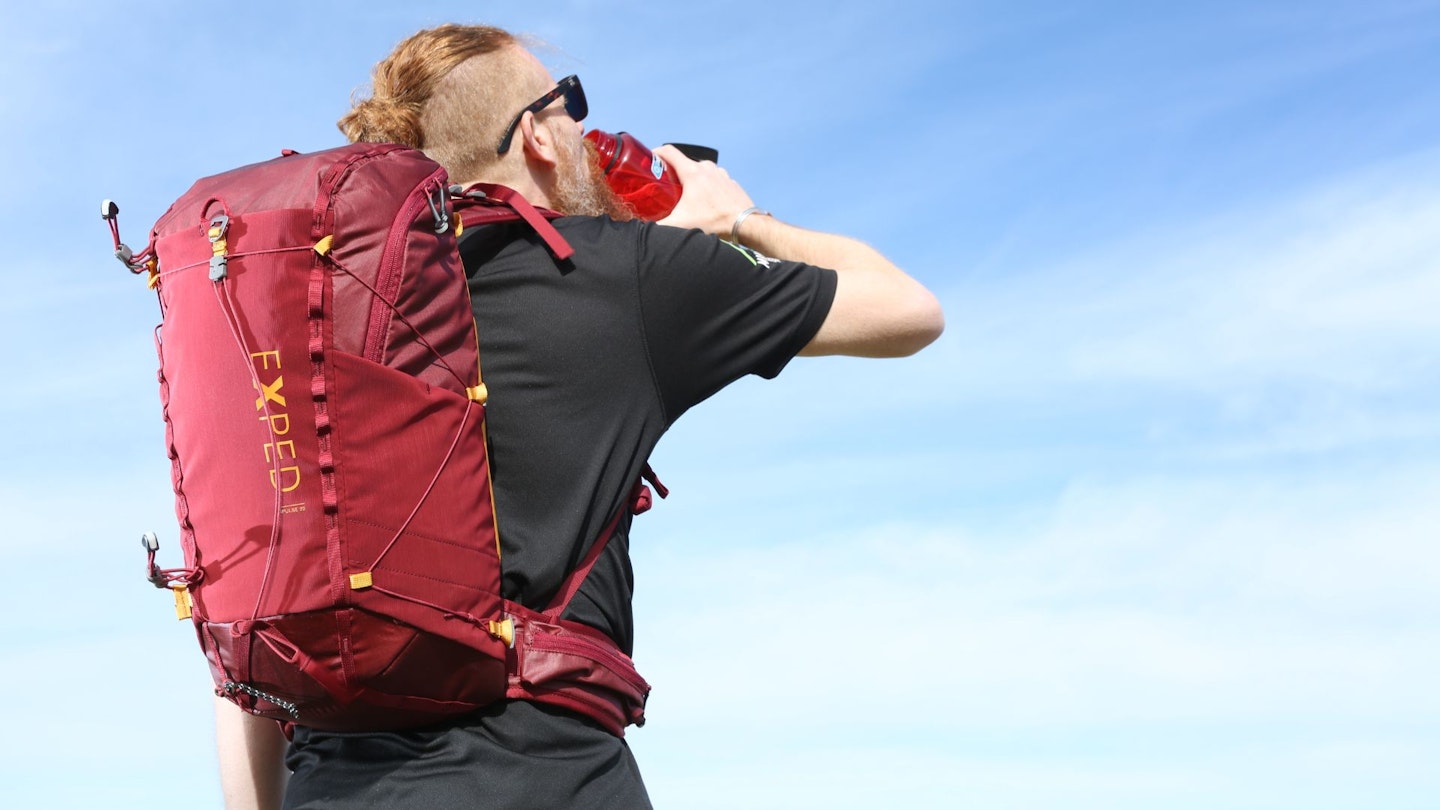
Activity
Hiking backpacks normally sit within one of three categories: trekking, backpacking, and mountaineering.
Trekking packs are the most versatile. They vary in volume from small hiking daypacks (15-30L) to overnight (35-50L) packs. You can use them for your hillwalking treks all year round.
Backpacking packs are big-volume gear haulers for long multi-day trips. They often have lots of clever pockets and very supportive back systems to help you carry all your kit in comfort and stability.
Mountaineering packs are light and tough. They don't have as many features as the other types of hiking backpacks but instead cater to carry the gear winter adventurers need.
Volume
Ranging from small to very large volumes, it's important to understand which volume of pack is right for you. Use this to give you some guidance:
15-25 litres: Fastpacking or super light hill walks.
25-35 litres: Day hikes in milder conditions.
35-55 litres: Longer hillwalks and mountain hikes; hut-to-hut trips; lightweight wild camps; winter mountaineering.
55-75+ litres: Long-distance treks and epic trips.
But things vary depending on how you pack. If you like extras, such as a lightweight chair, you're going to need more space.

Weatherproofing
Many hiking backpacks have a water-repellent coating on the fabric, so they can withstand some moisture. But most aren't fully waterproof.
A raincover is a good solution to this, and many hiking packs come with one. It's also wise to stash your gear in dry bags, too.
Most backpacks aren't waterproof, because the fabric they would need sacrifices important characterisitcs for hiking such as breathability and weight. But waterproof backpacks are becoming increasingly popular and widely available.
Back systems
Back systems can seem confusing because of all the technical names brands like to slap onto their designs. But they boil down to three types:
Padded foam back systems offer great comfort and stability, sitting snug on your back.
Suspended mesh back systems hold the pack away from your pack, which also aids ventilation and is great in warmer conditions.
Channelled back systems look to be a mid-point by having excellent ventilation and excellent stability.
The choice is a personal one. Try each one before you buy to find which you prefer.
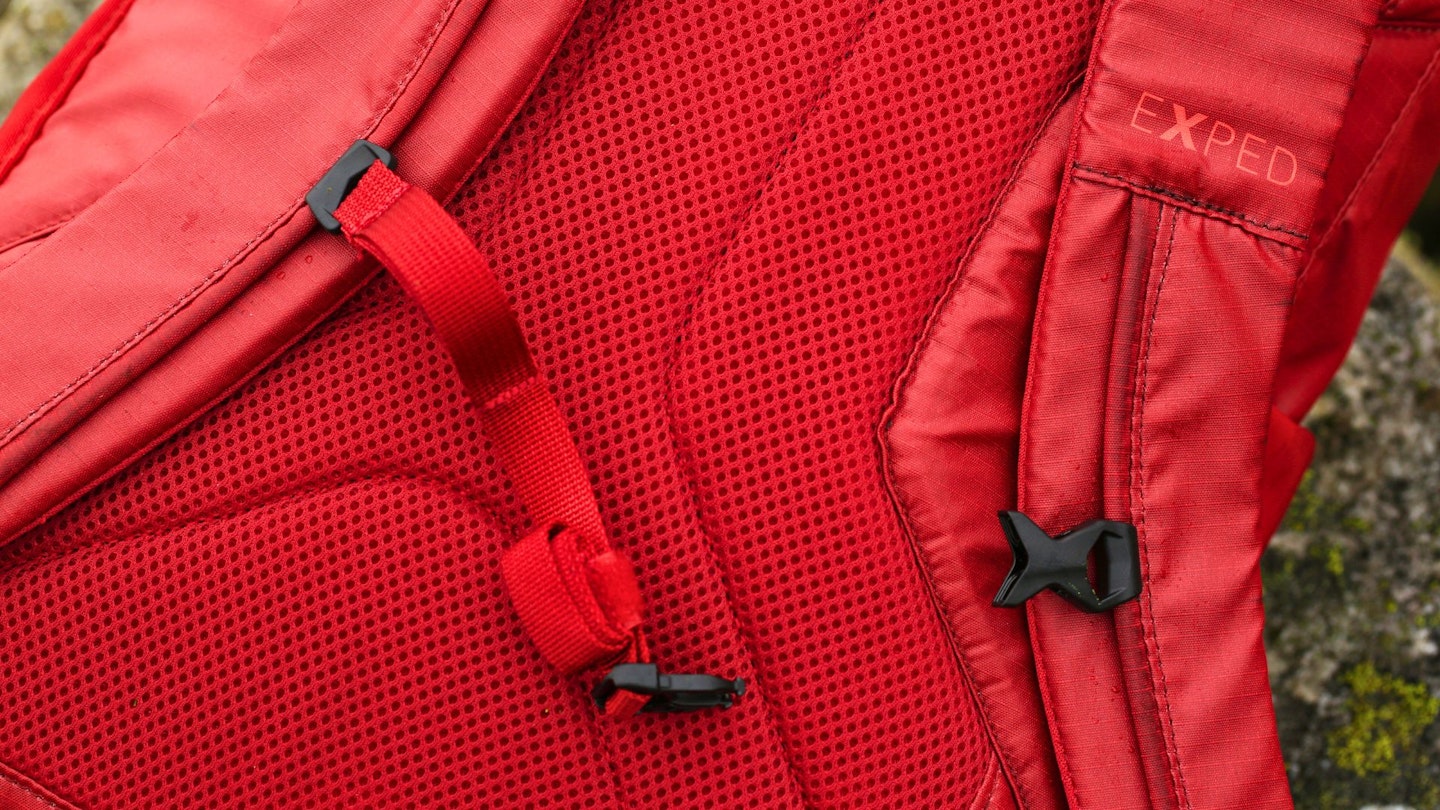
Measure your back
Hiking backpacks often come in different back lengths. Carefully measure your back length to know which size is right for you.
There are also often women's versions too. Some brands are even offering extended length or width sizes to cater for a wider variety of body types.
Pockets and storage
Pack brands spend a lot of time designing storage for packs. Each model offers different options. Think about the gear you take, what you like to have access to on the move, and if you need to attach anything externally. Match these as best you can to a pack that has the ideal pocket and storage arrangement.
How do I clean a backpack?
Cleaning your pack after each heavy use or at least every season will ensure the fabrics last longer and you get a better return on your investment. Grangers and Nikwax have a set of effective and eco-friendly cleaning products for backpacks (below).
Brands and retailers usually offer repair services for outdoor gear too. Packs are one of the easier pieces of outdoor equipment to repair, so make use of repair services if and when you need to.
Best for spot cleaning

Best for deep cleaning
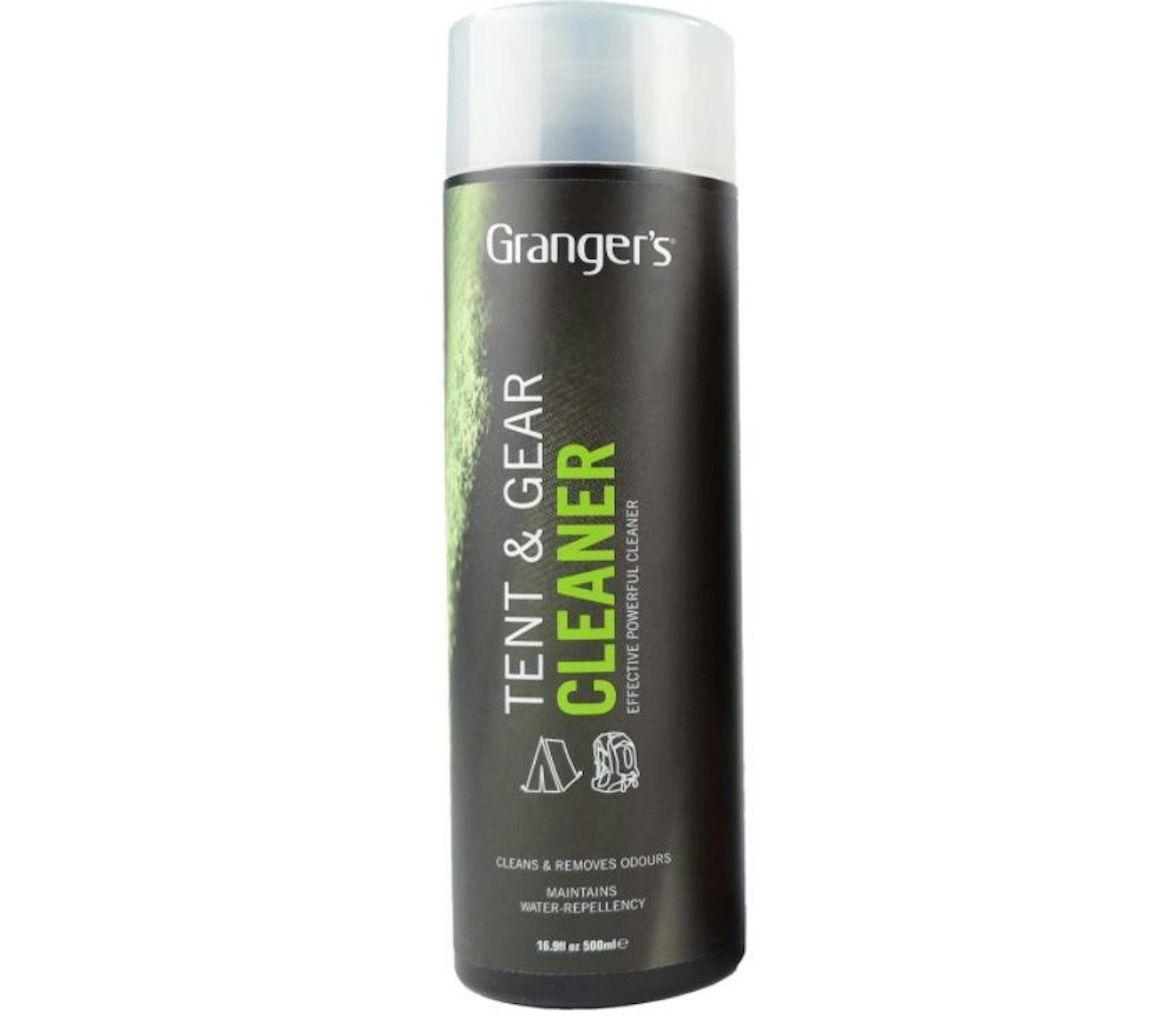
Best gear cleaning kit
About the author
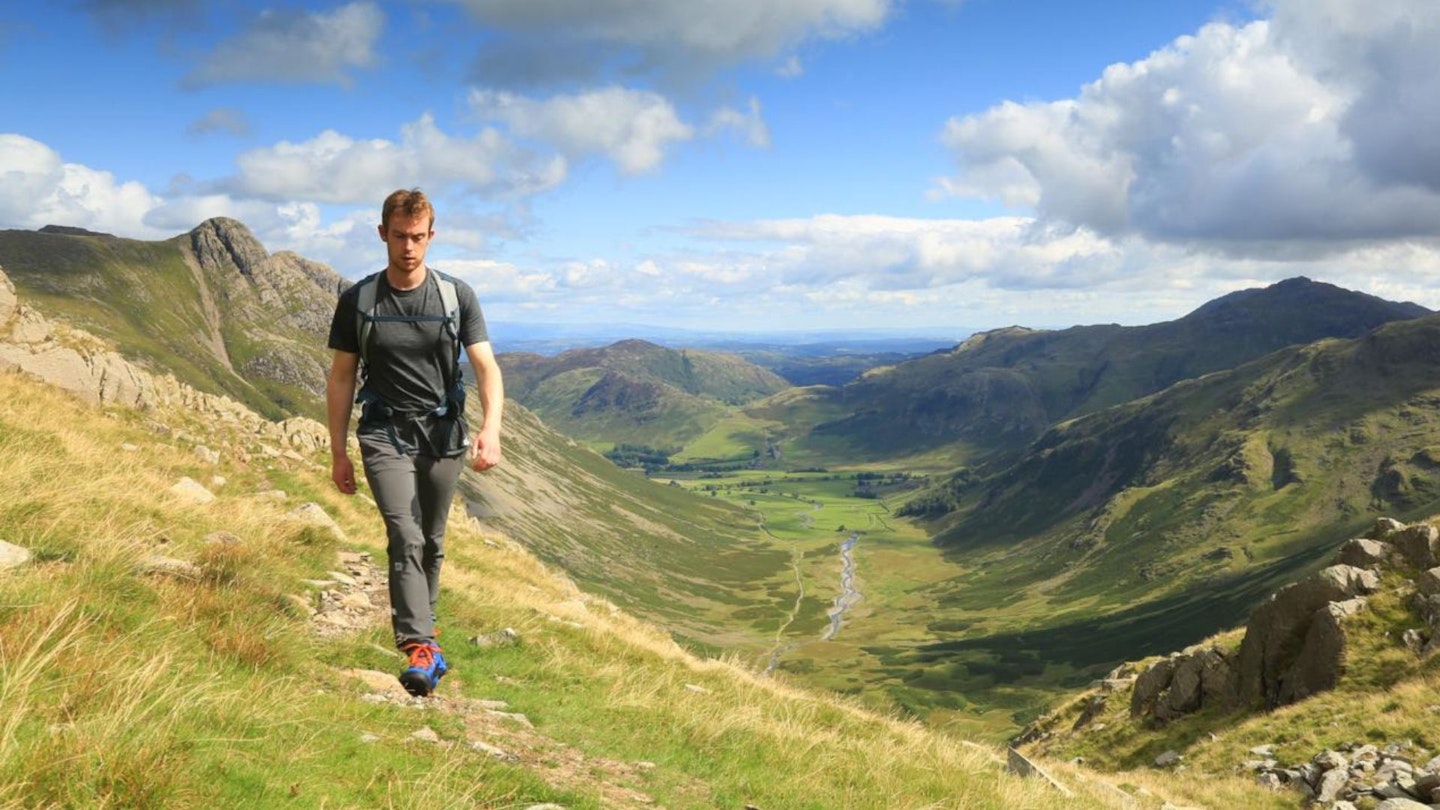
Chris Williams is a Digital Content Writer for Live For The Outdoors. He trained as a journalist in New Zealand and has been working on Live For The Outdoors since 2021.
